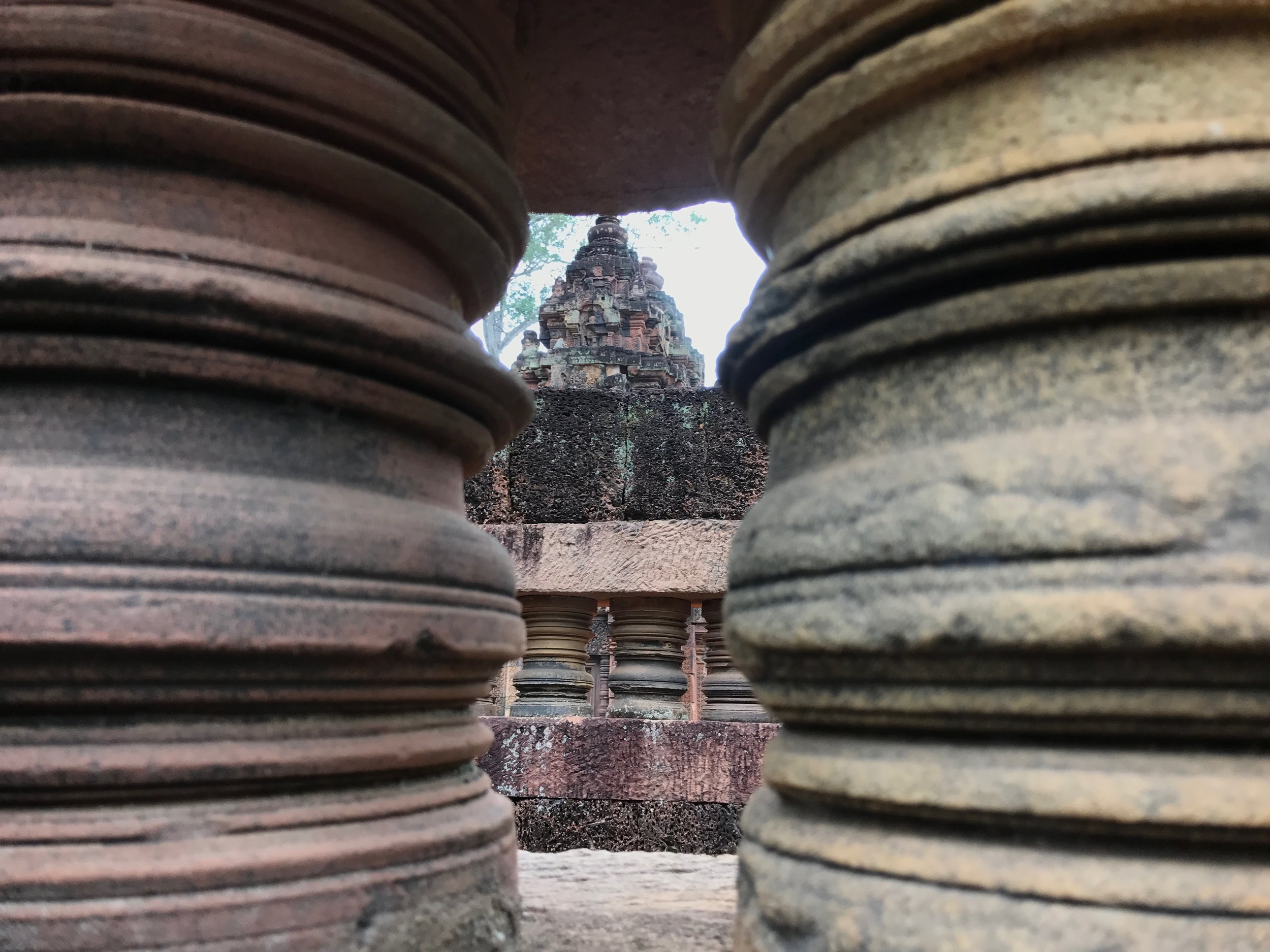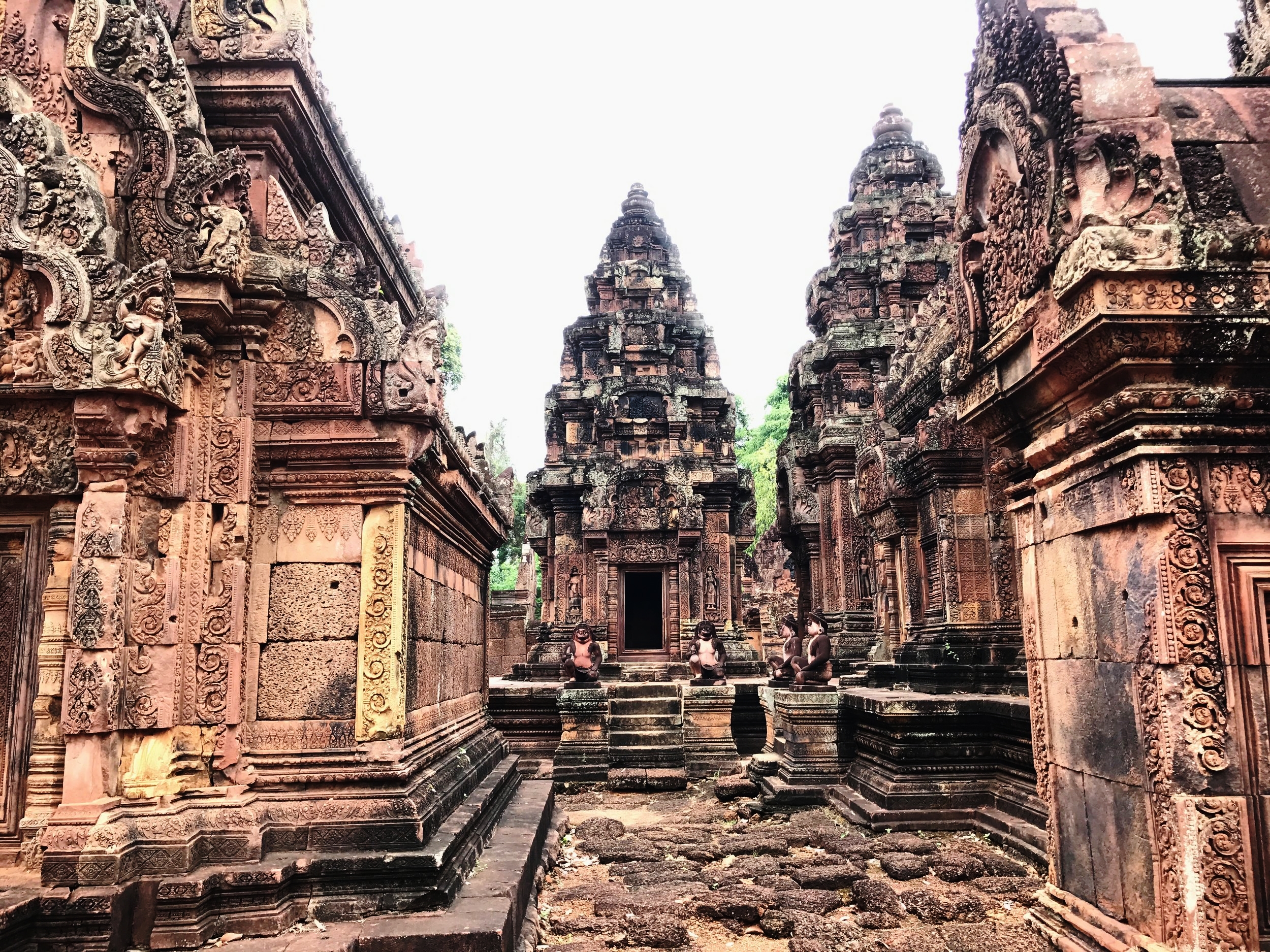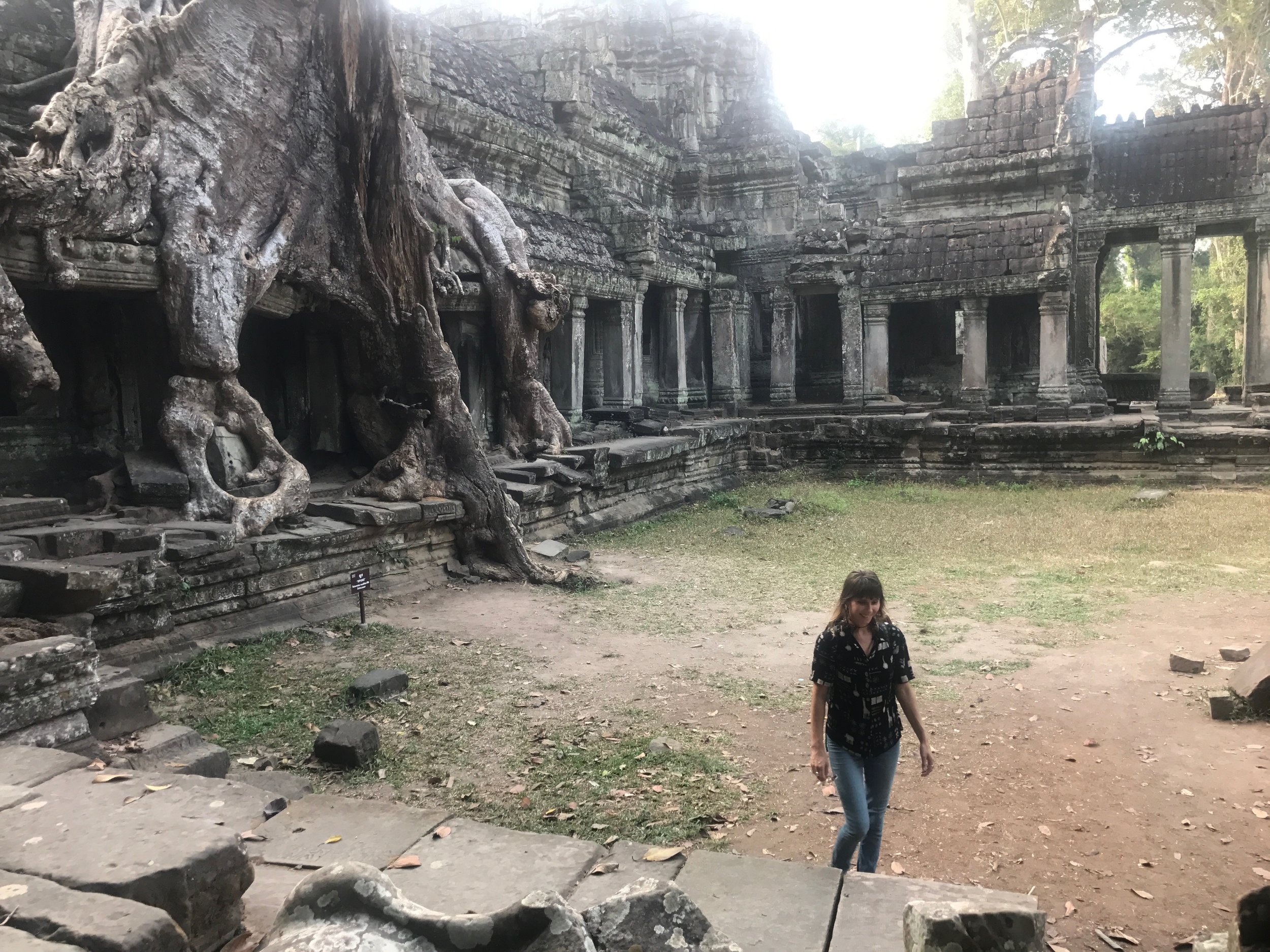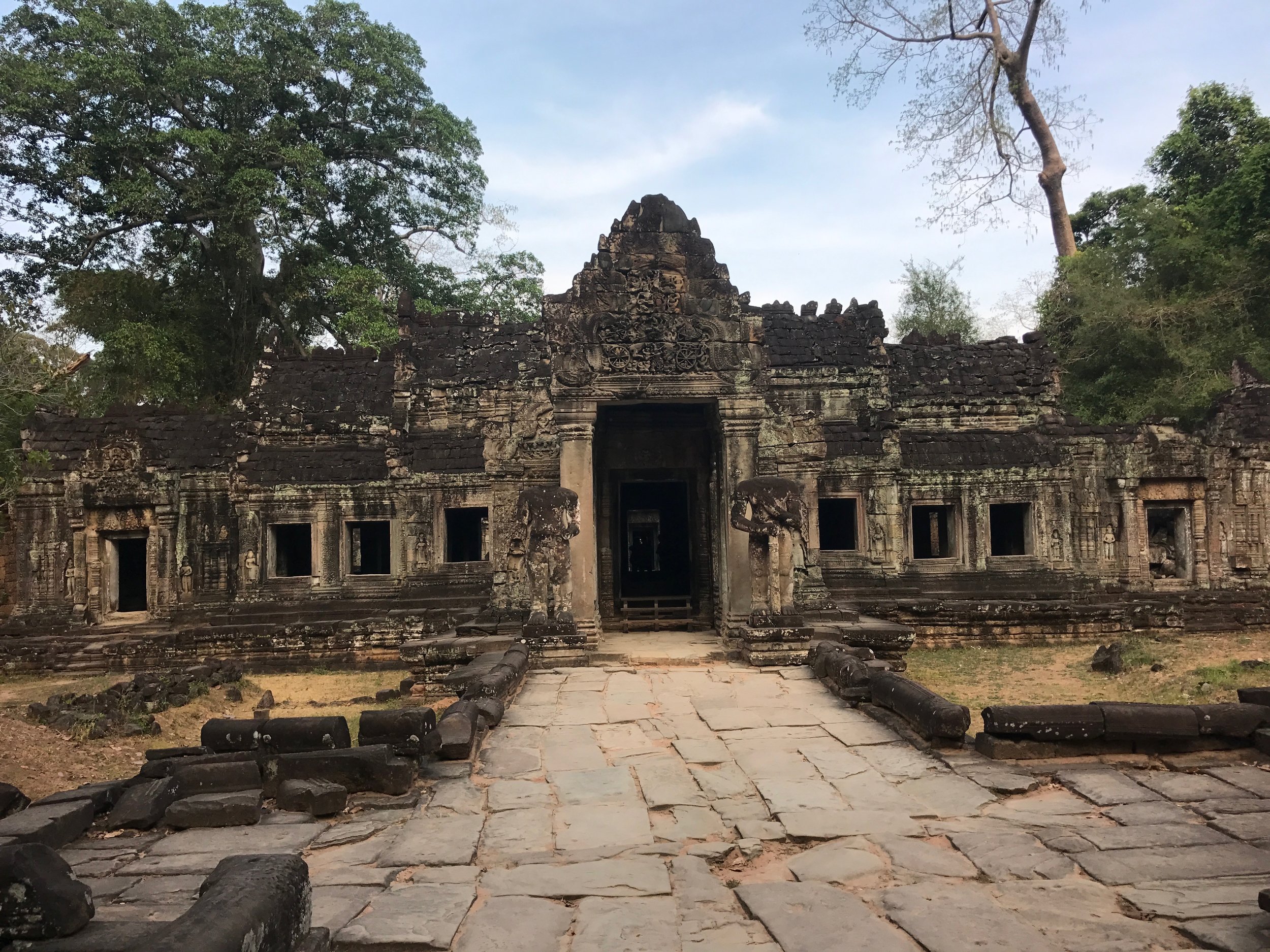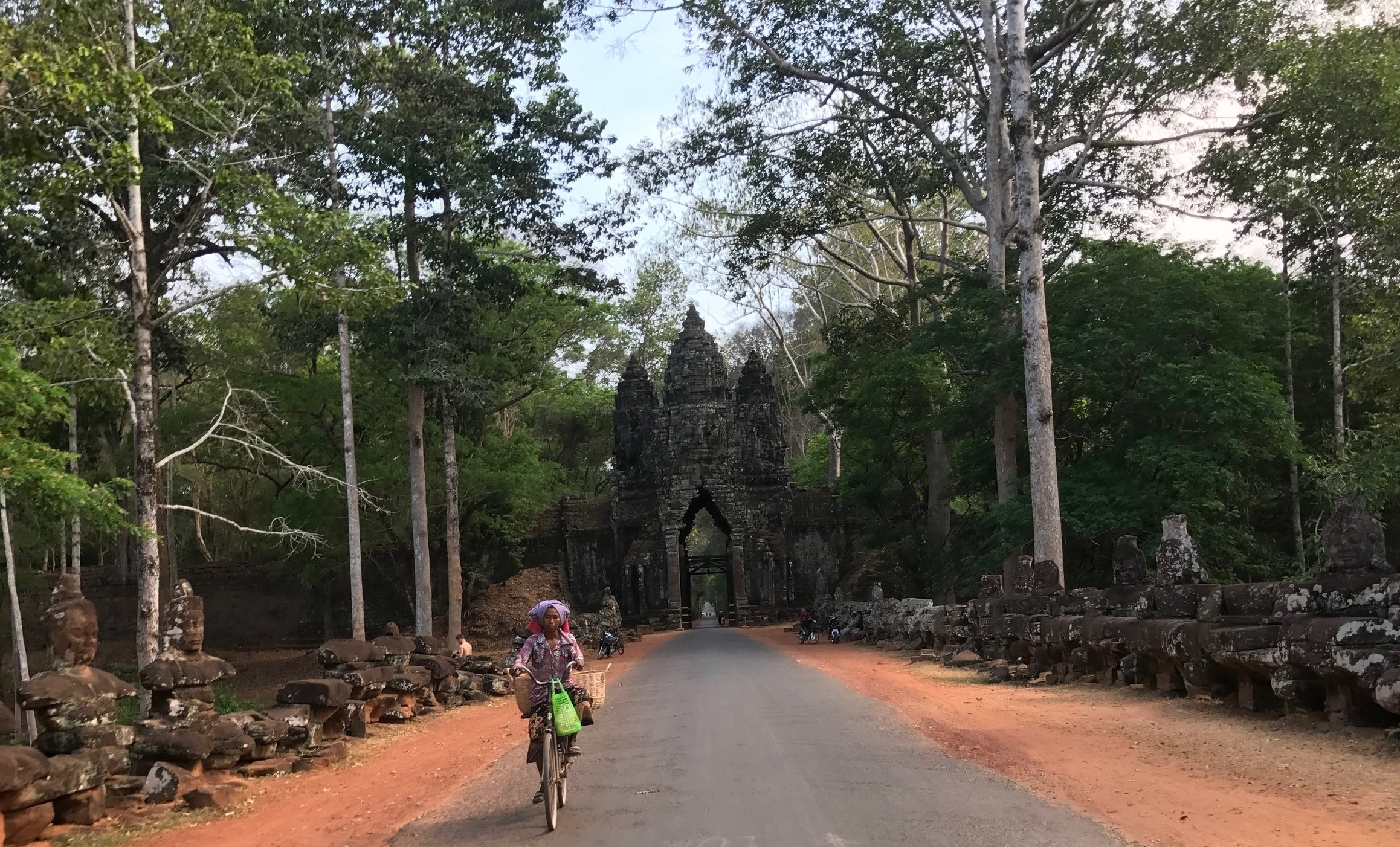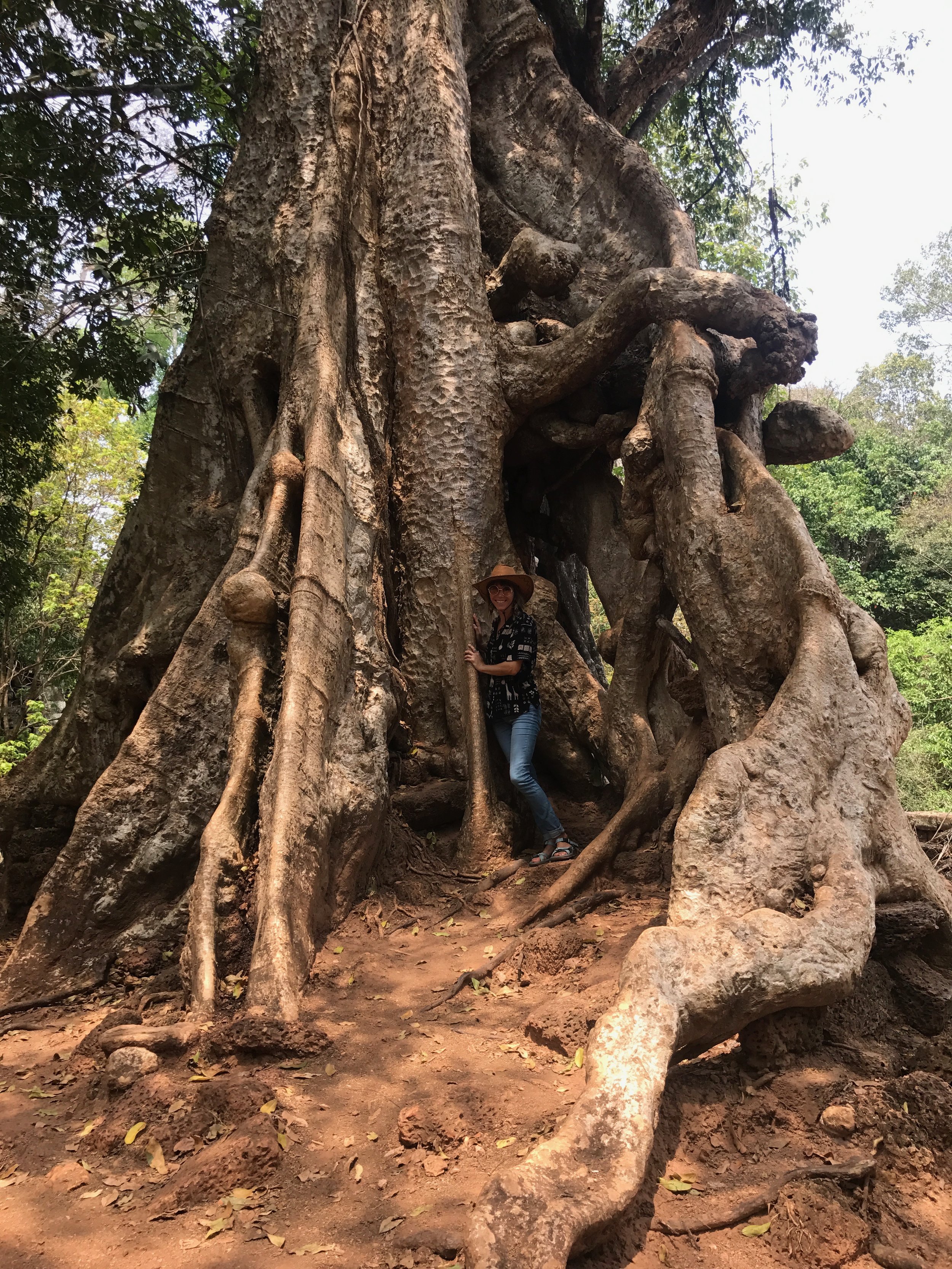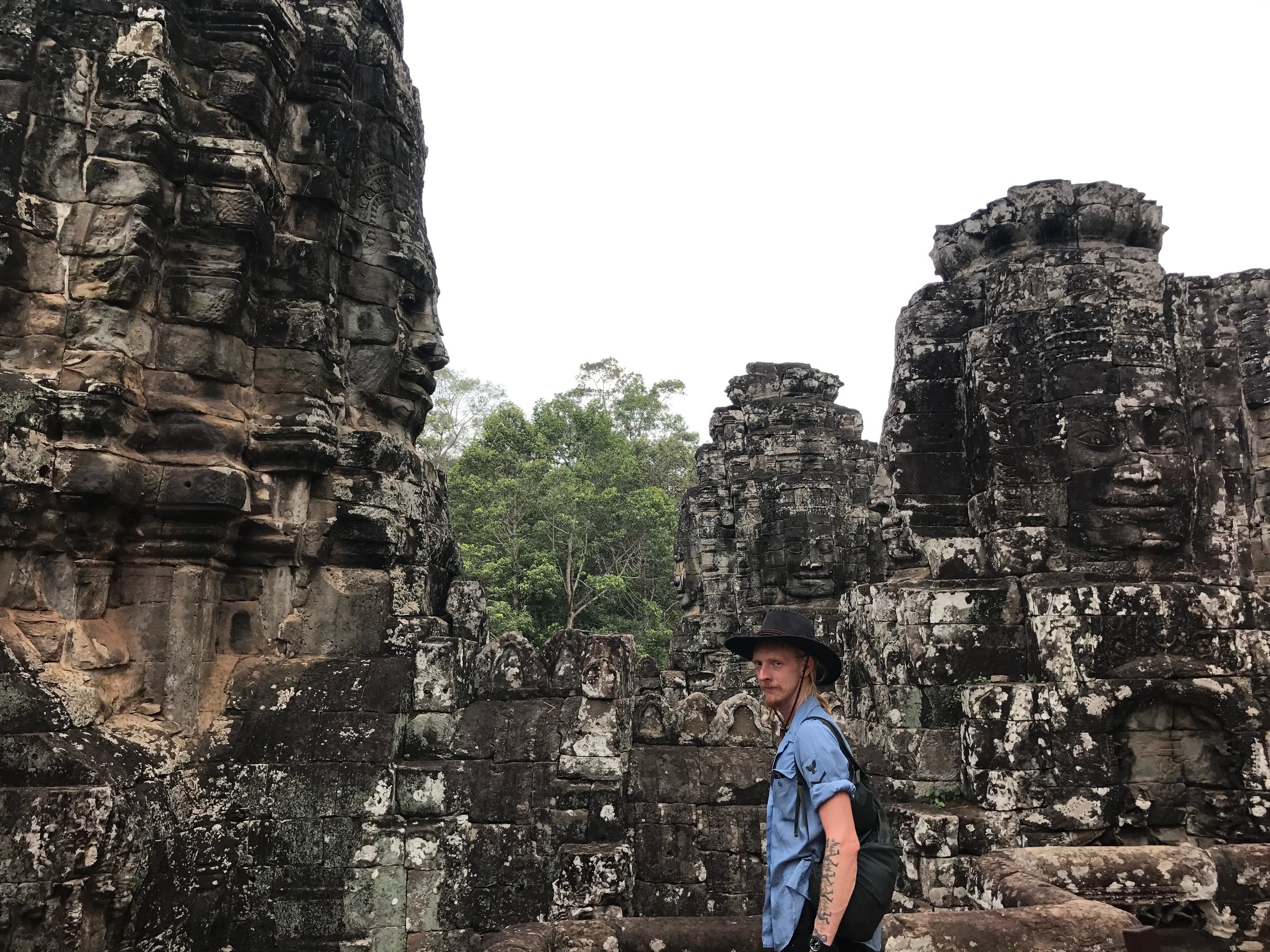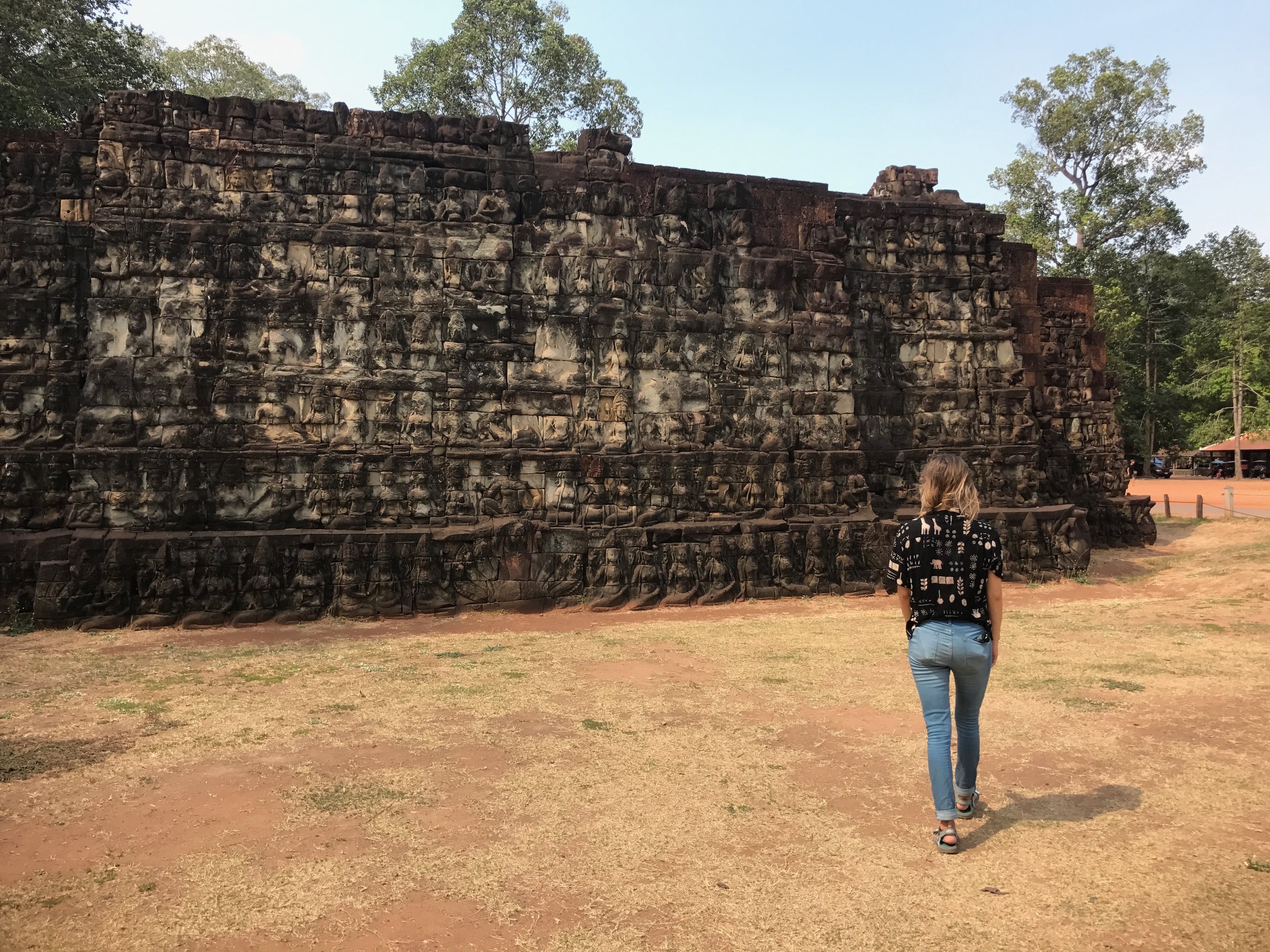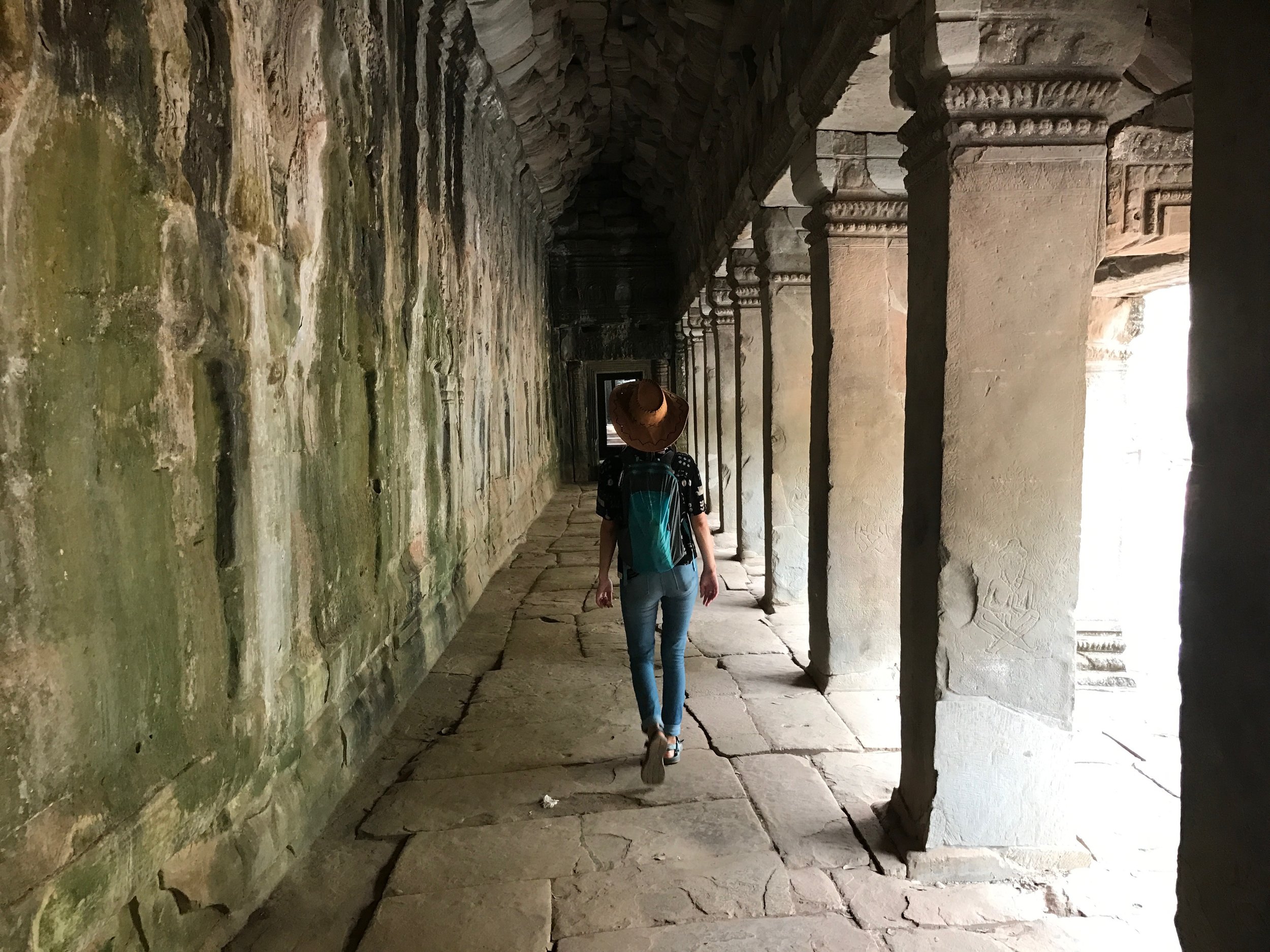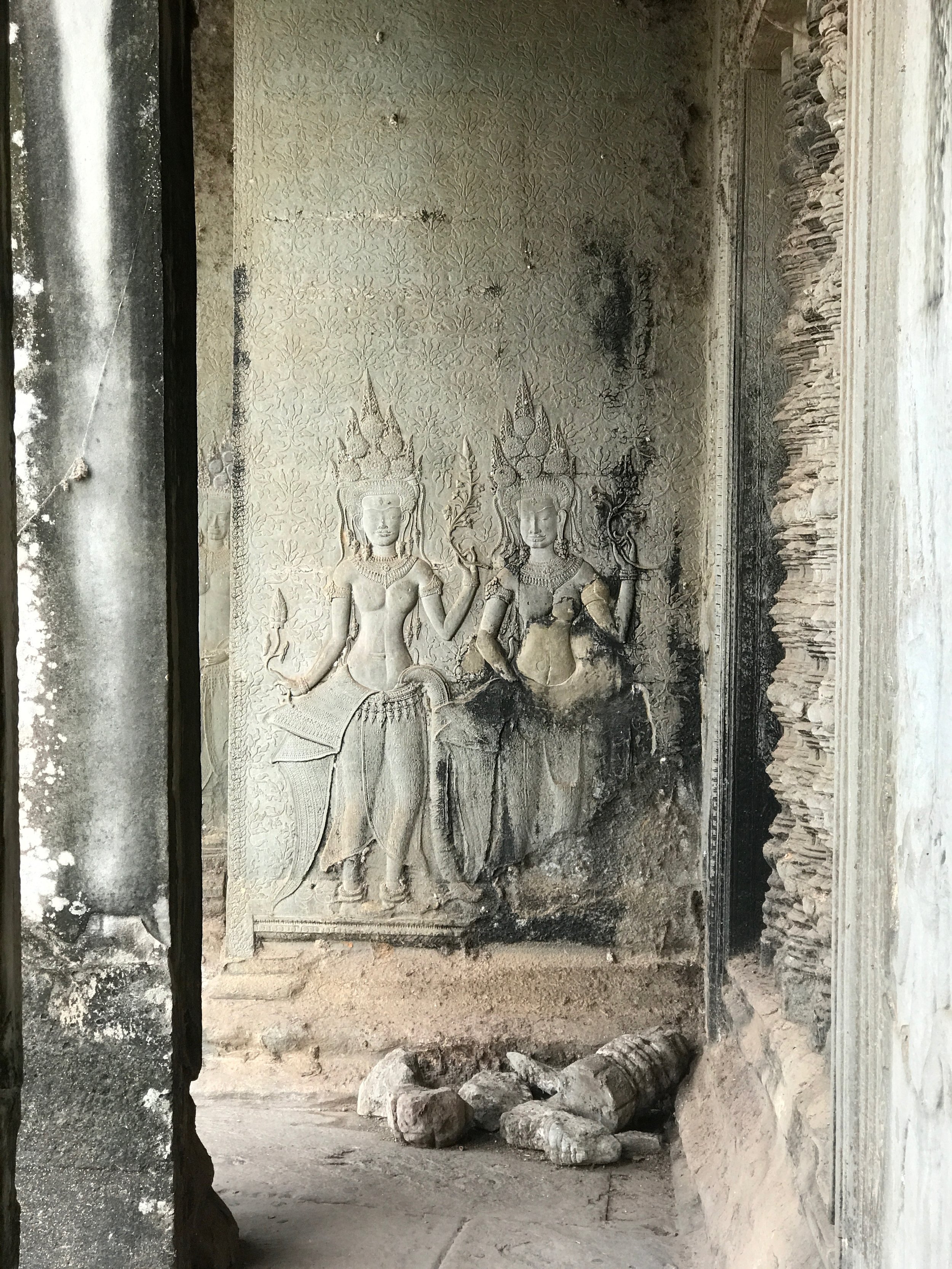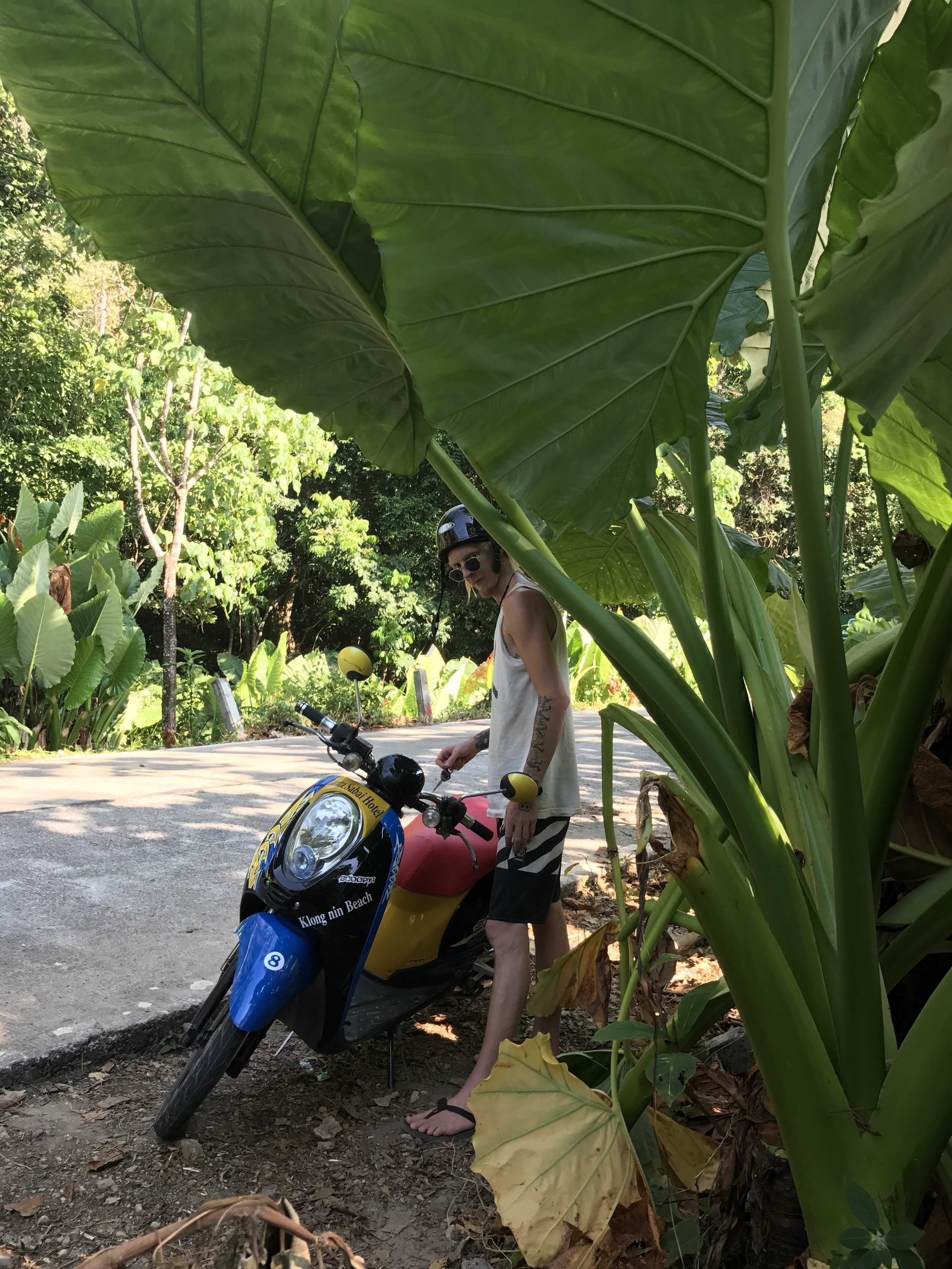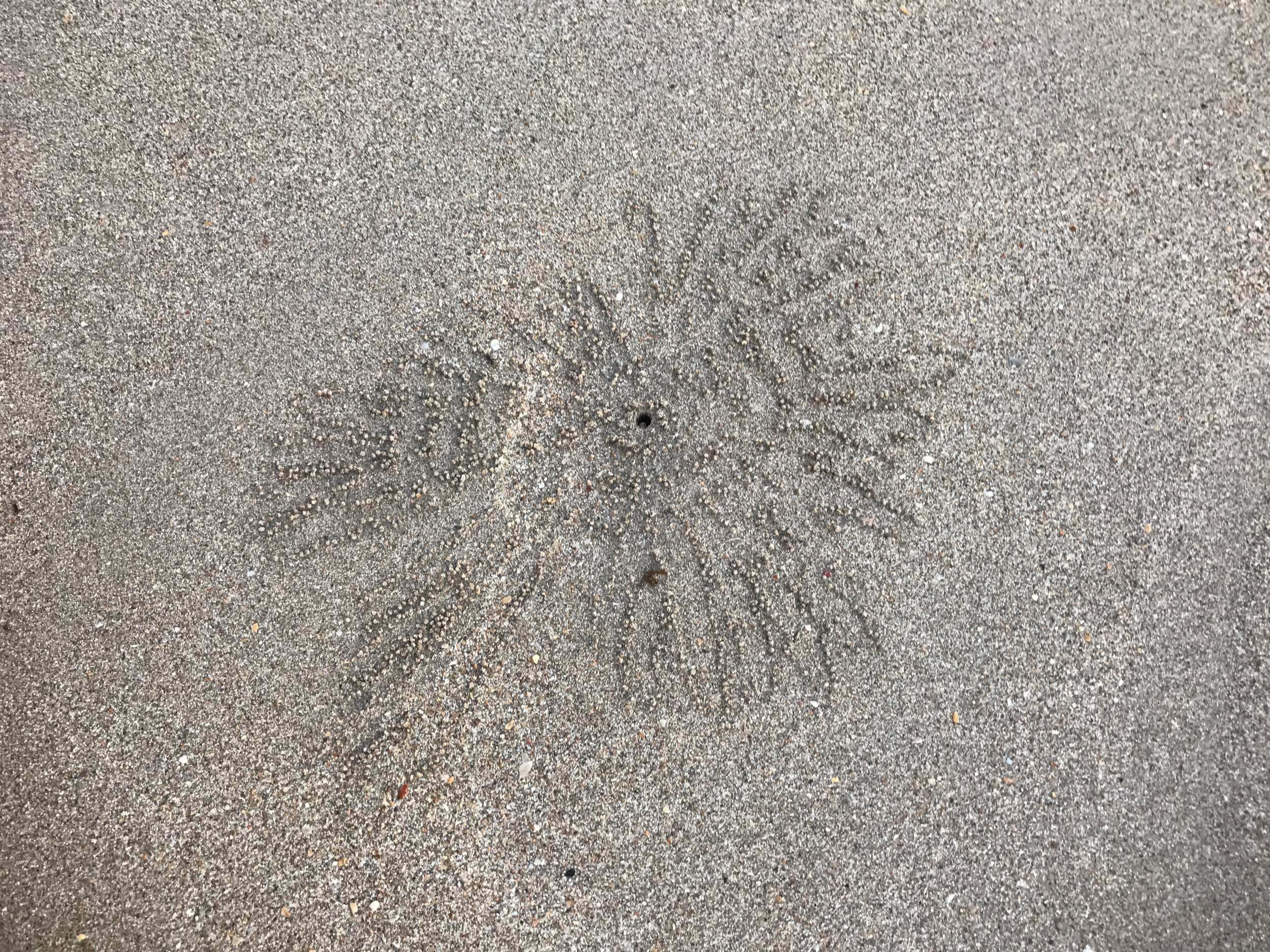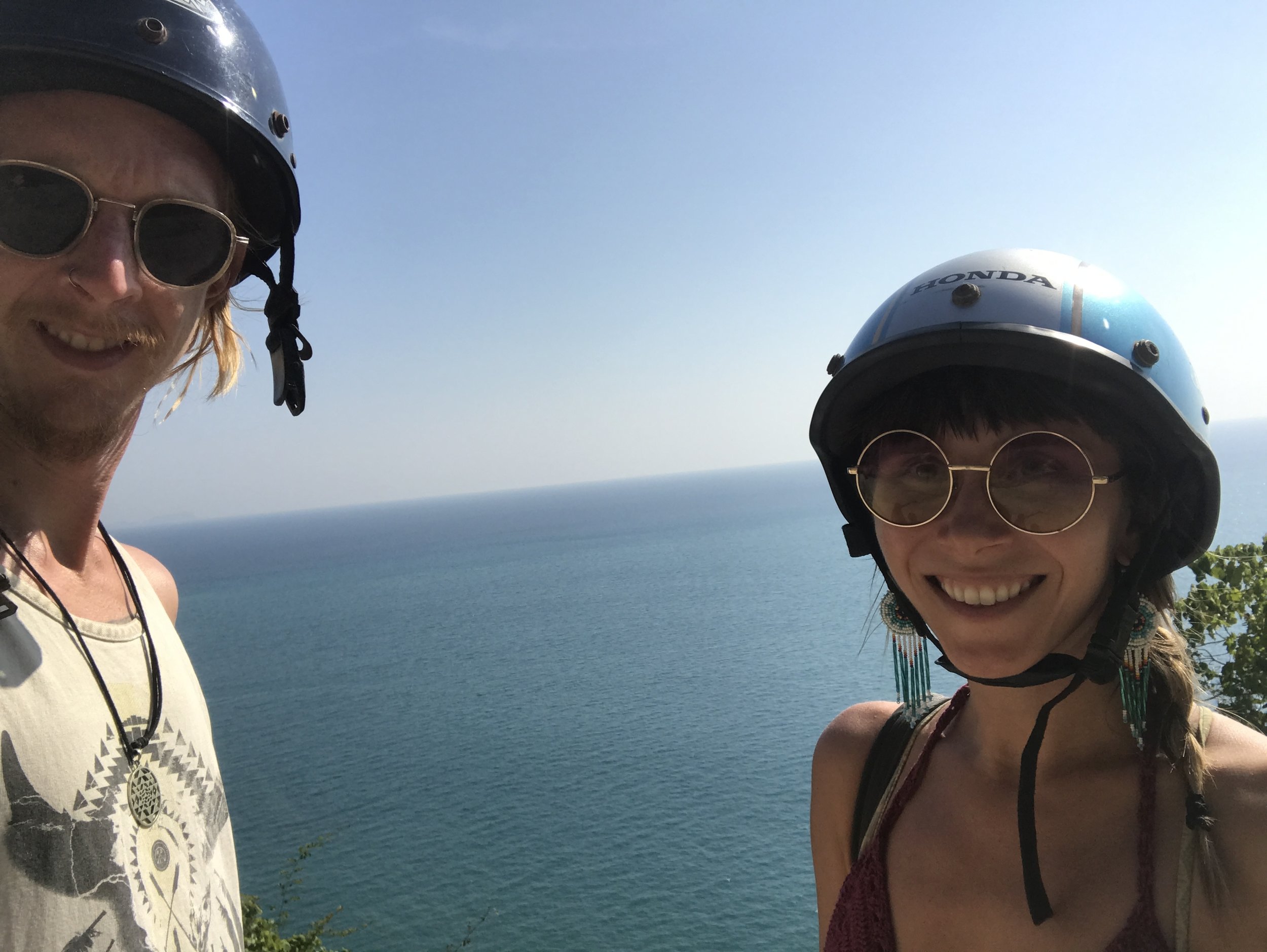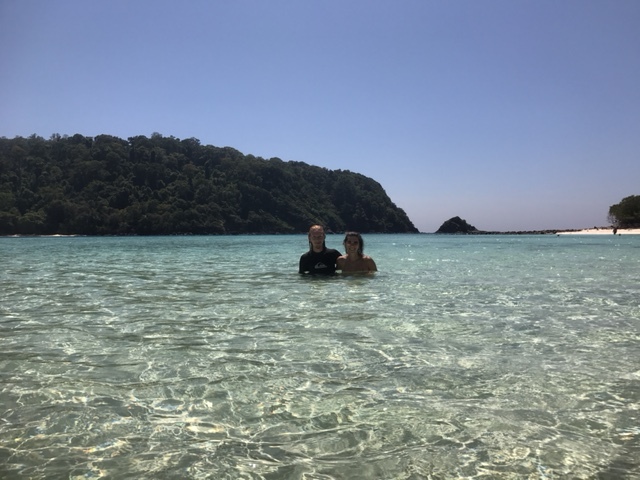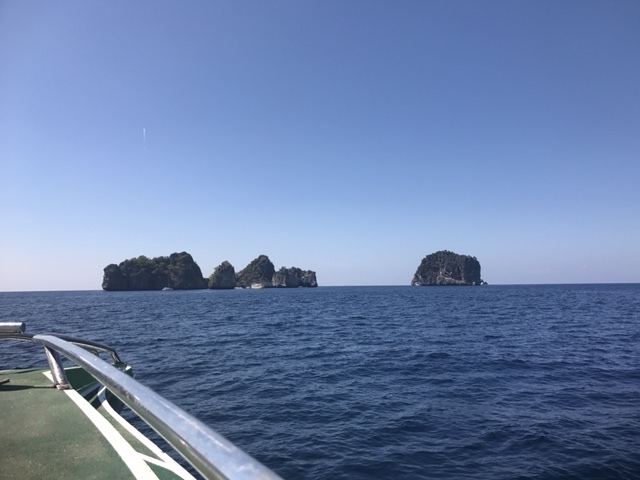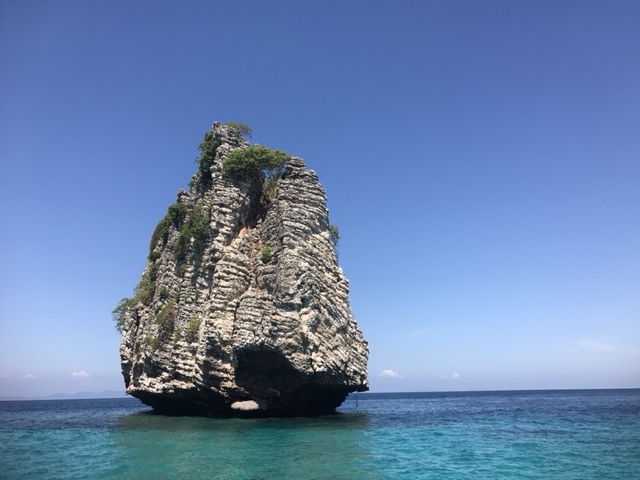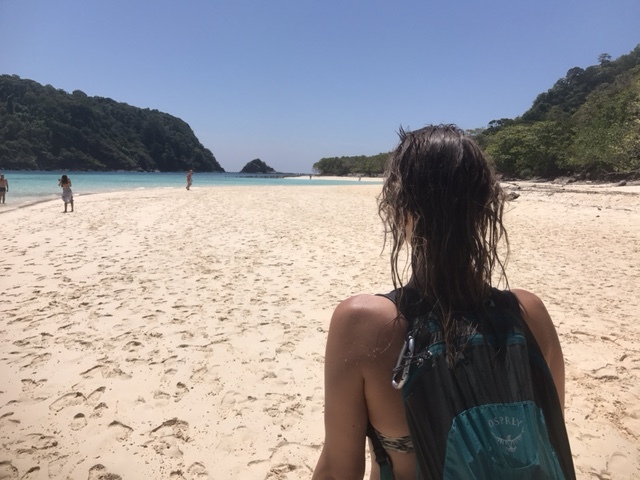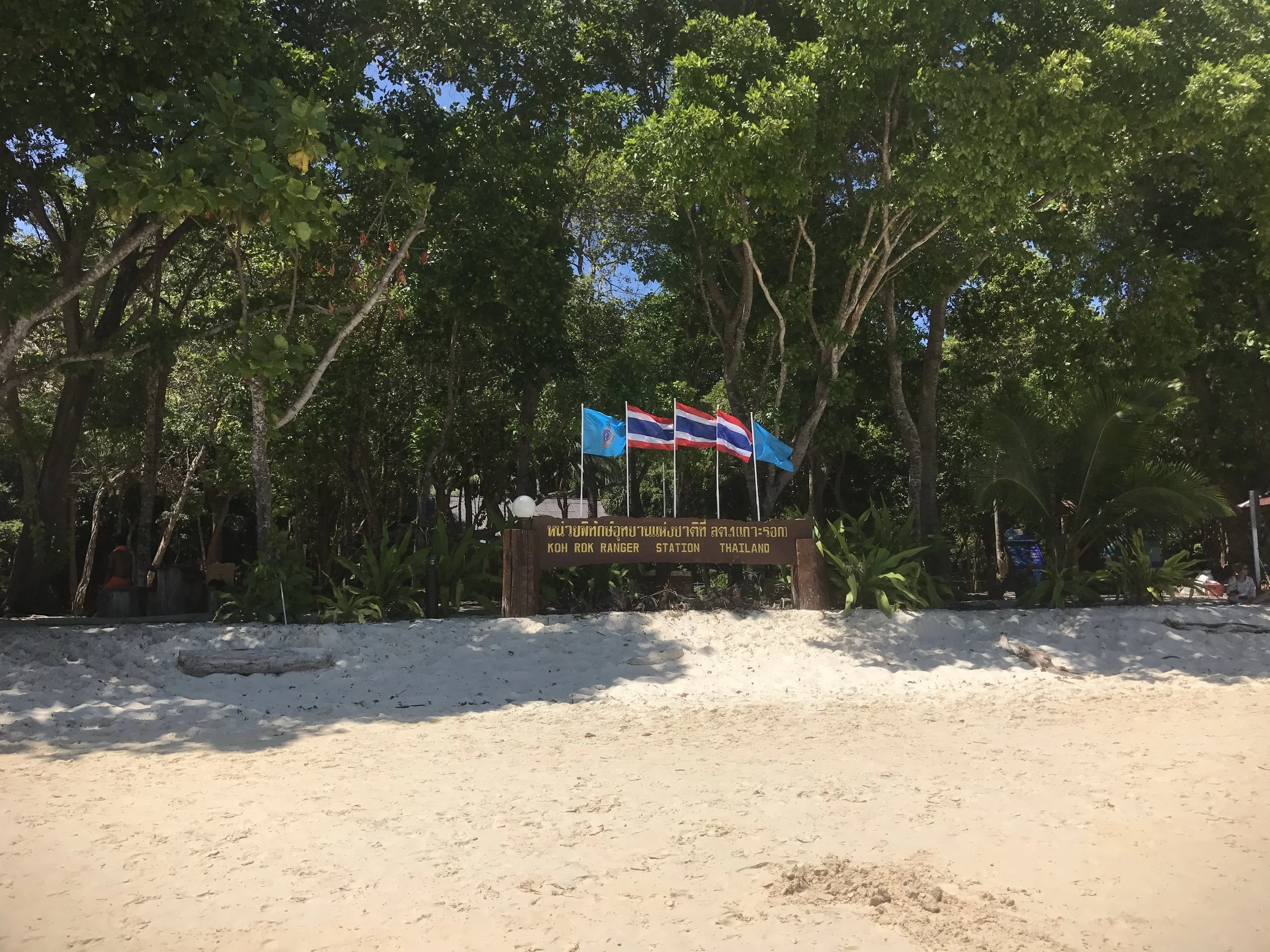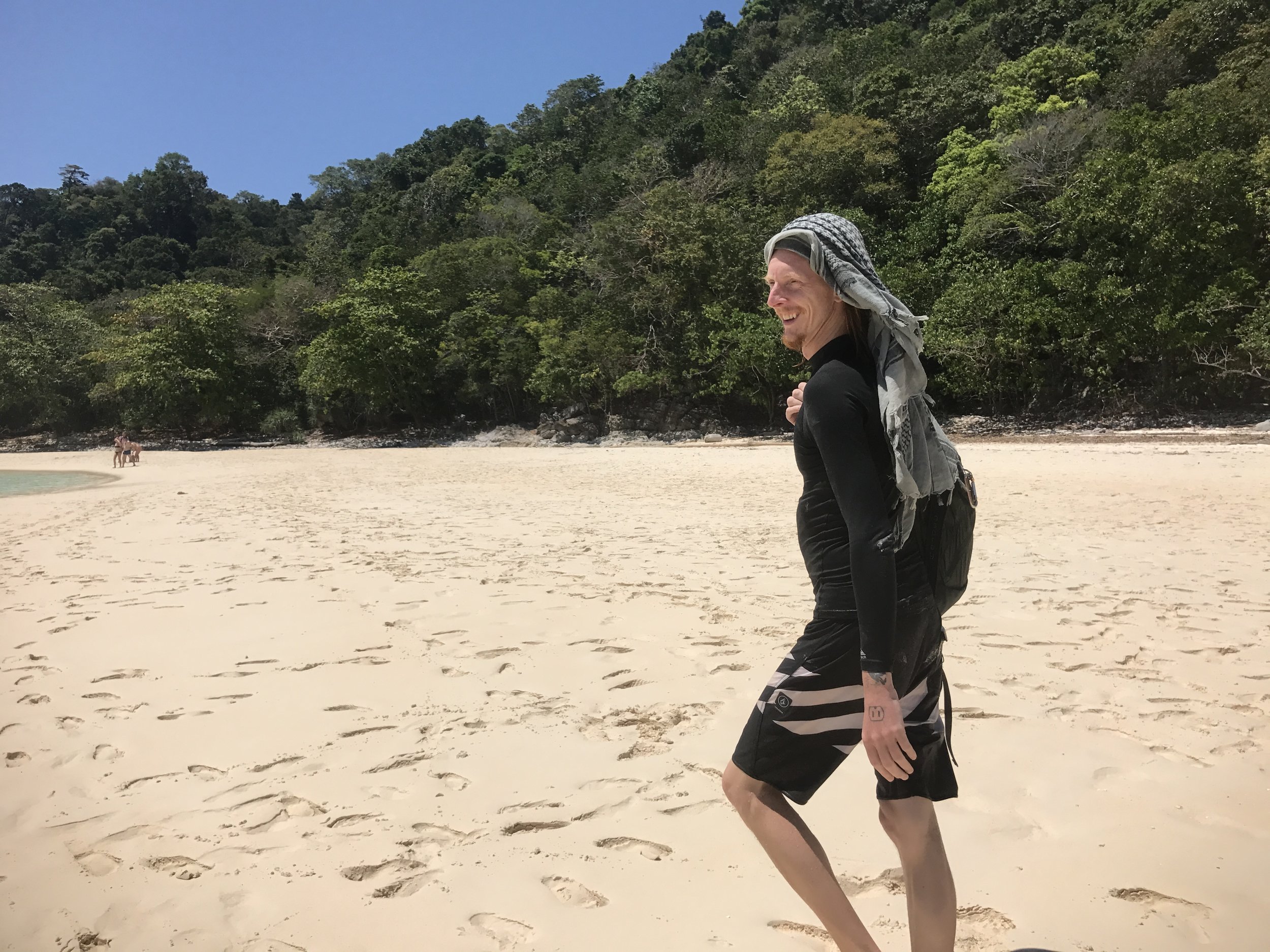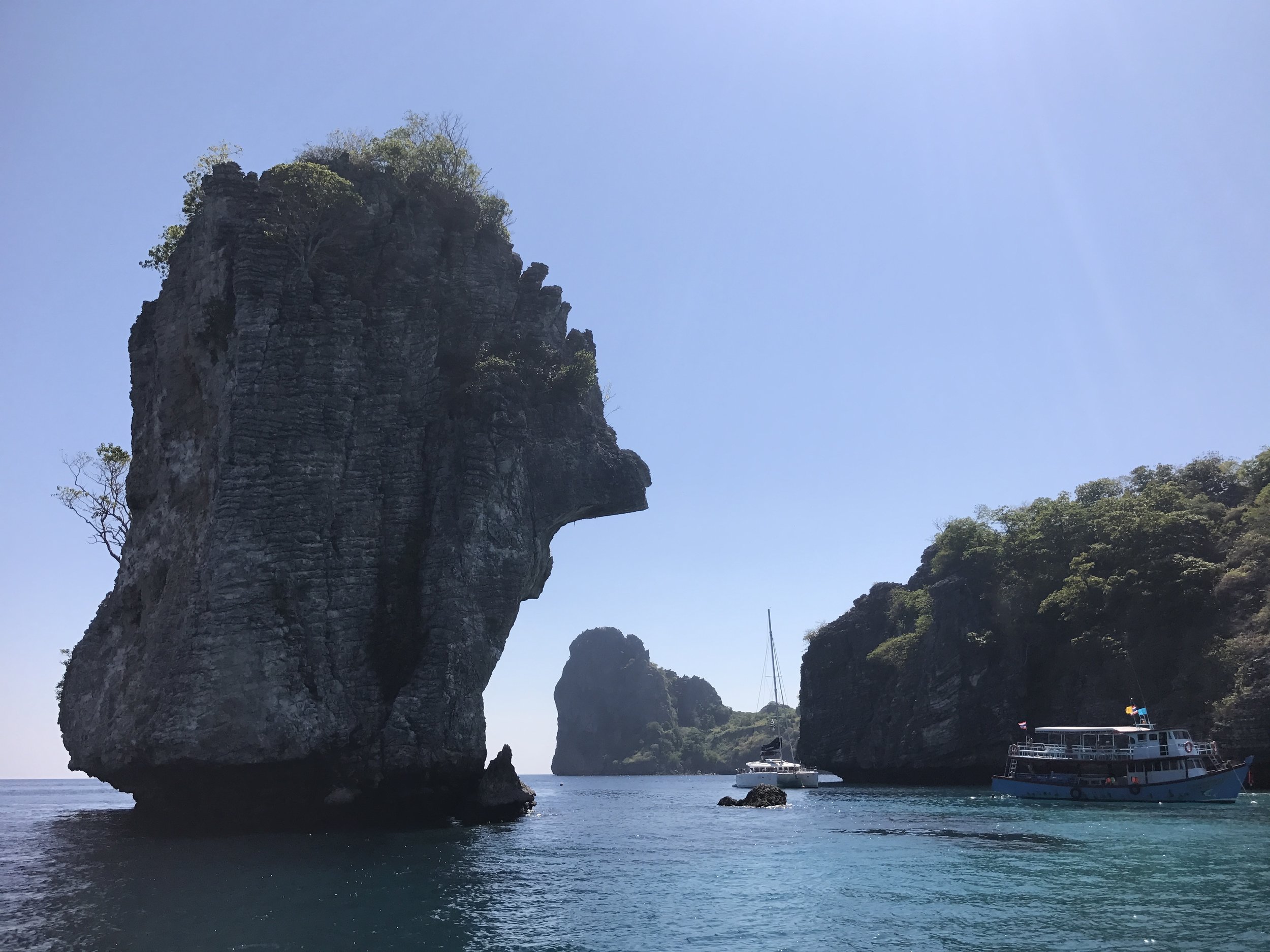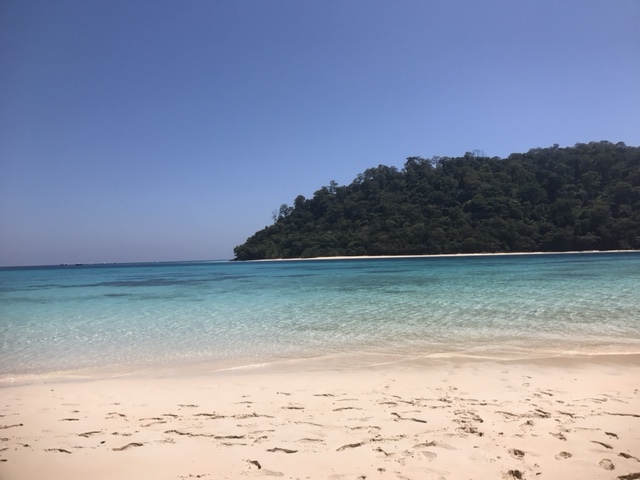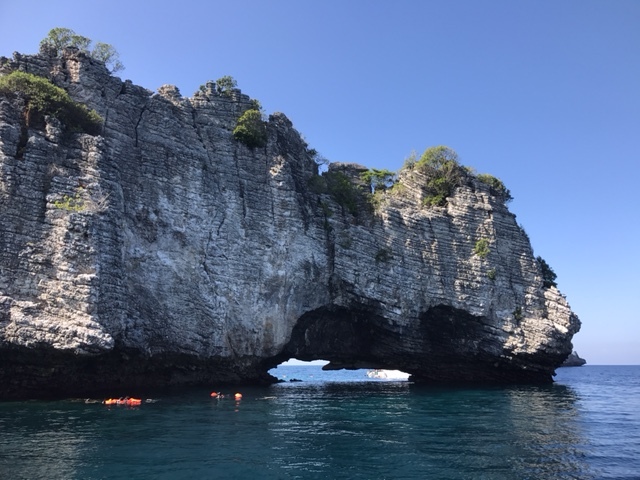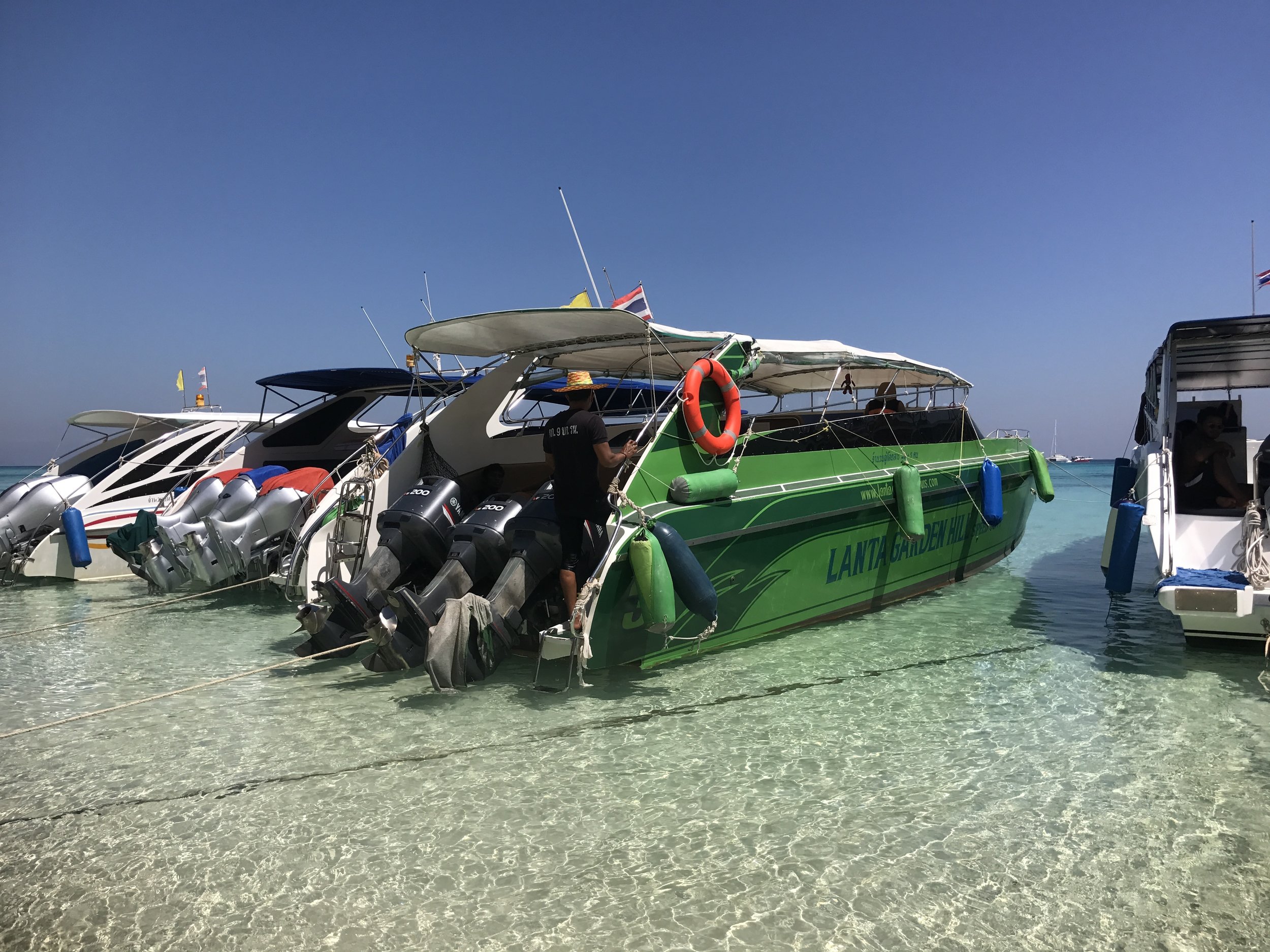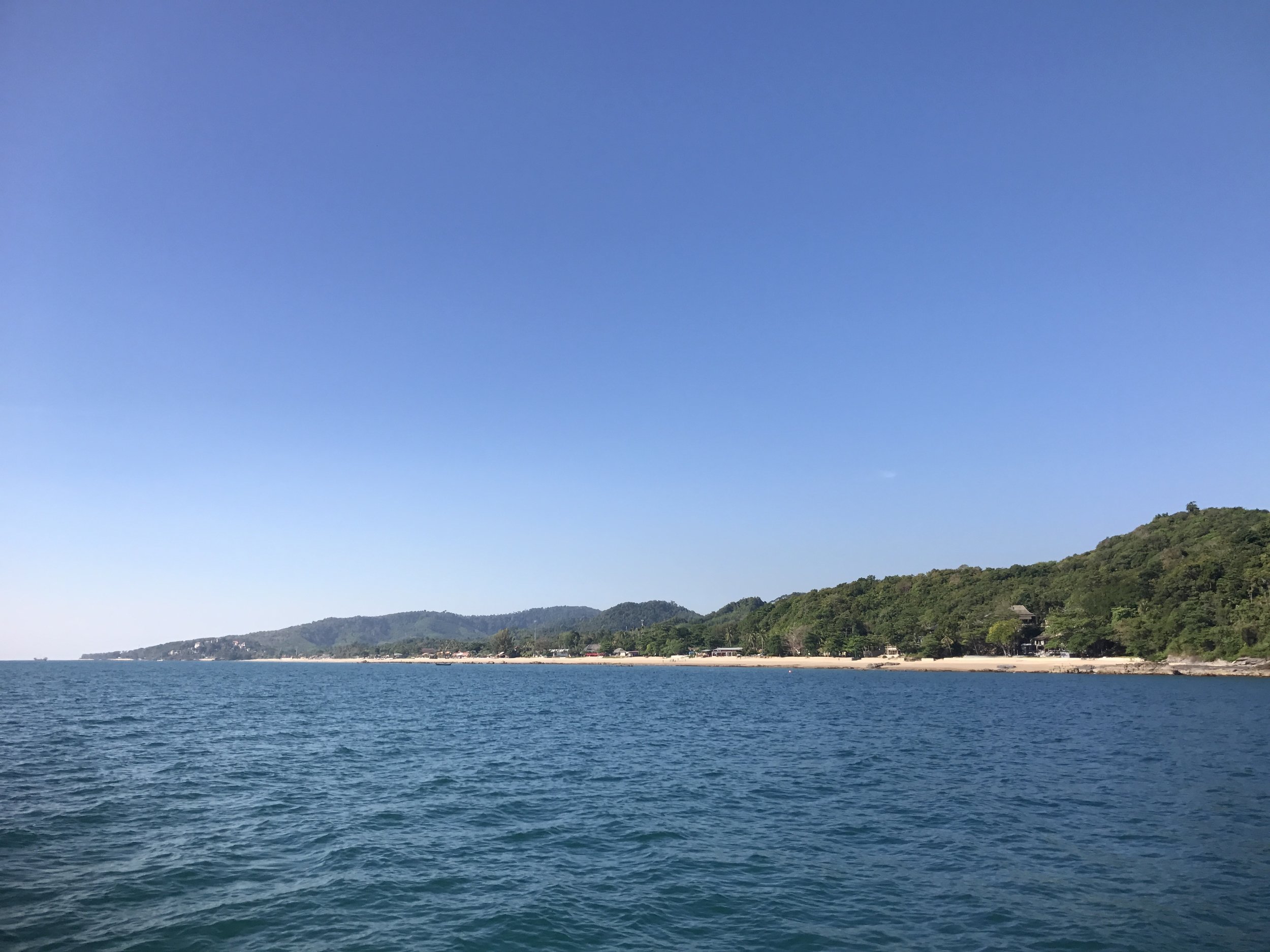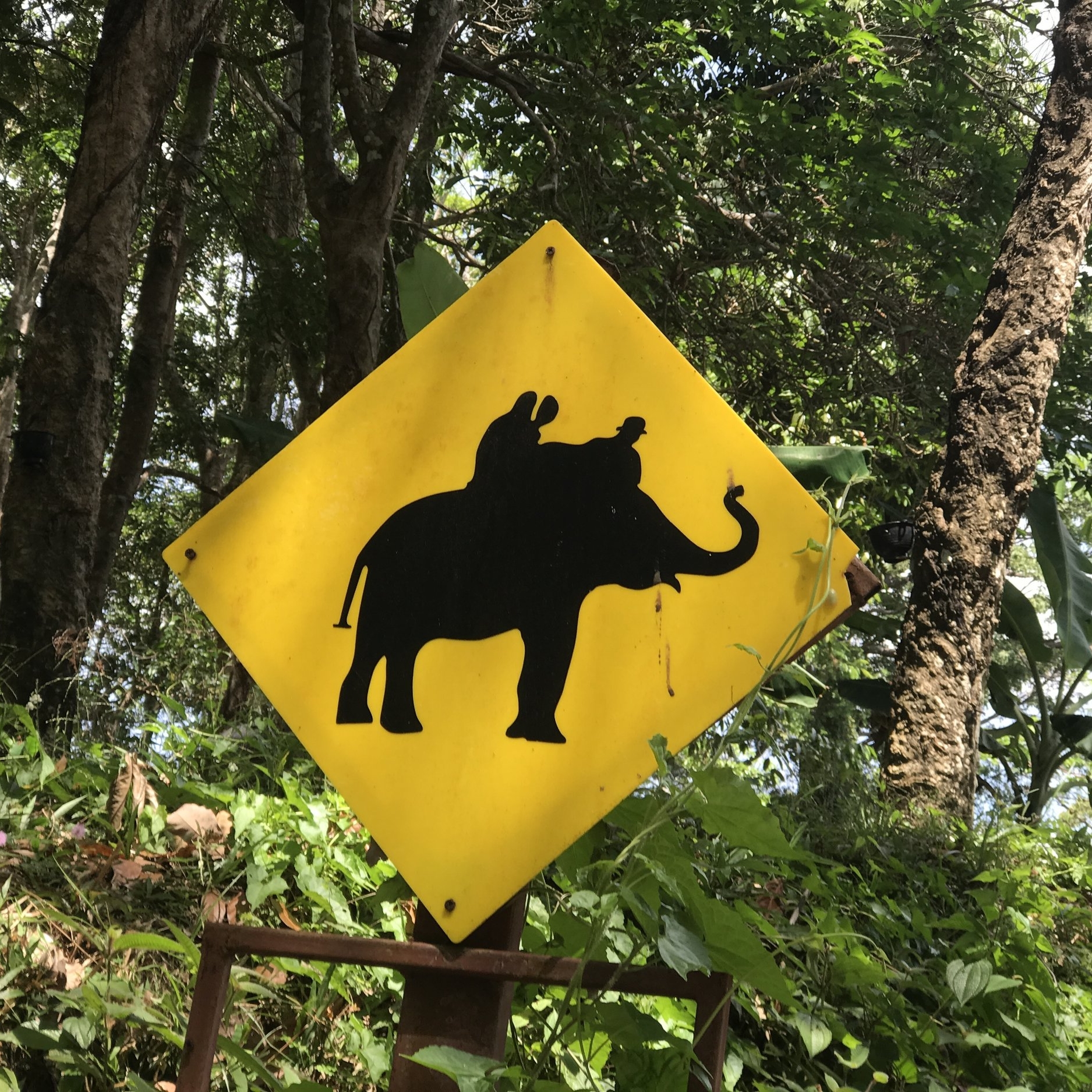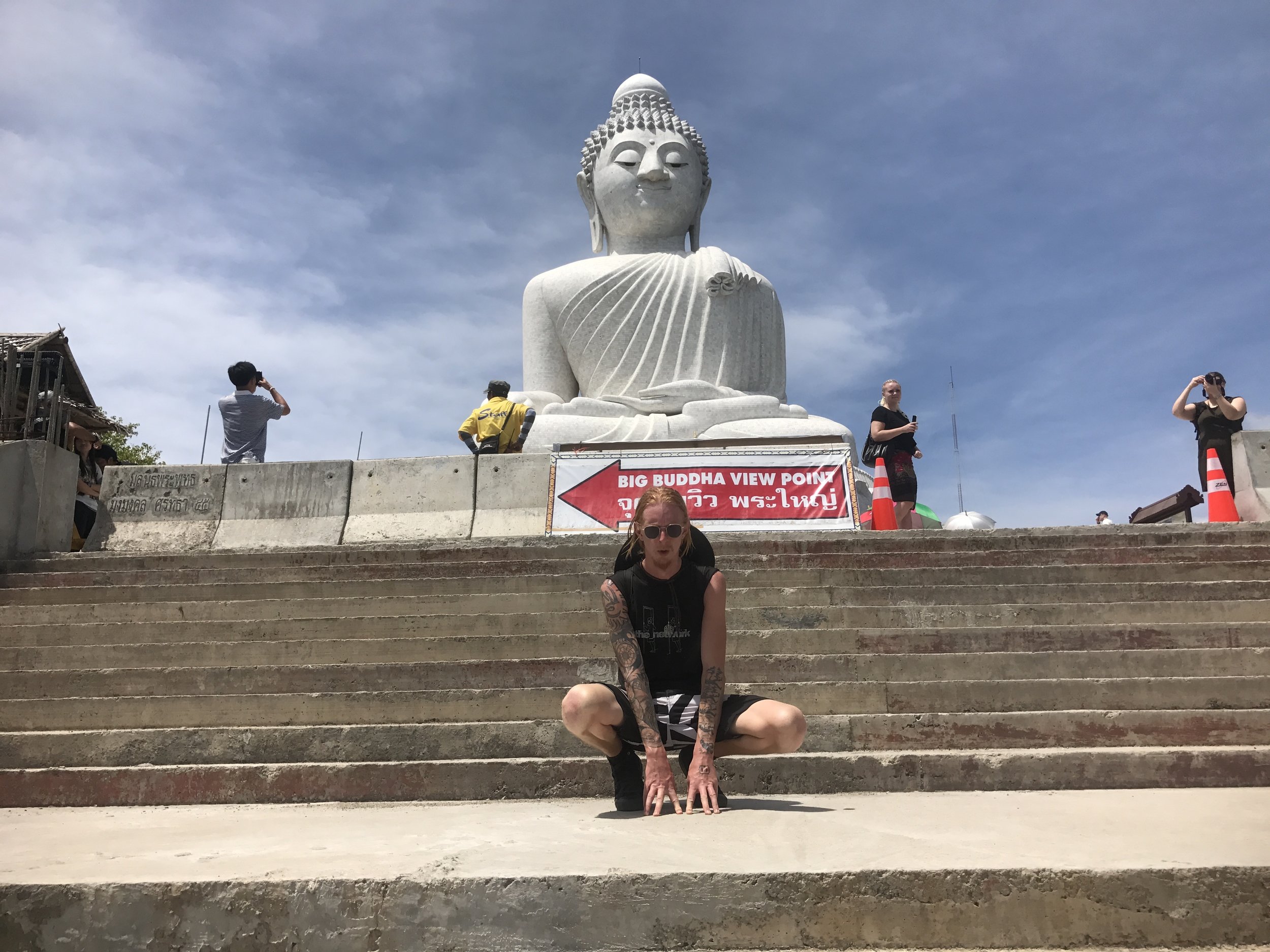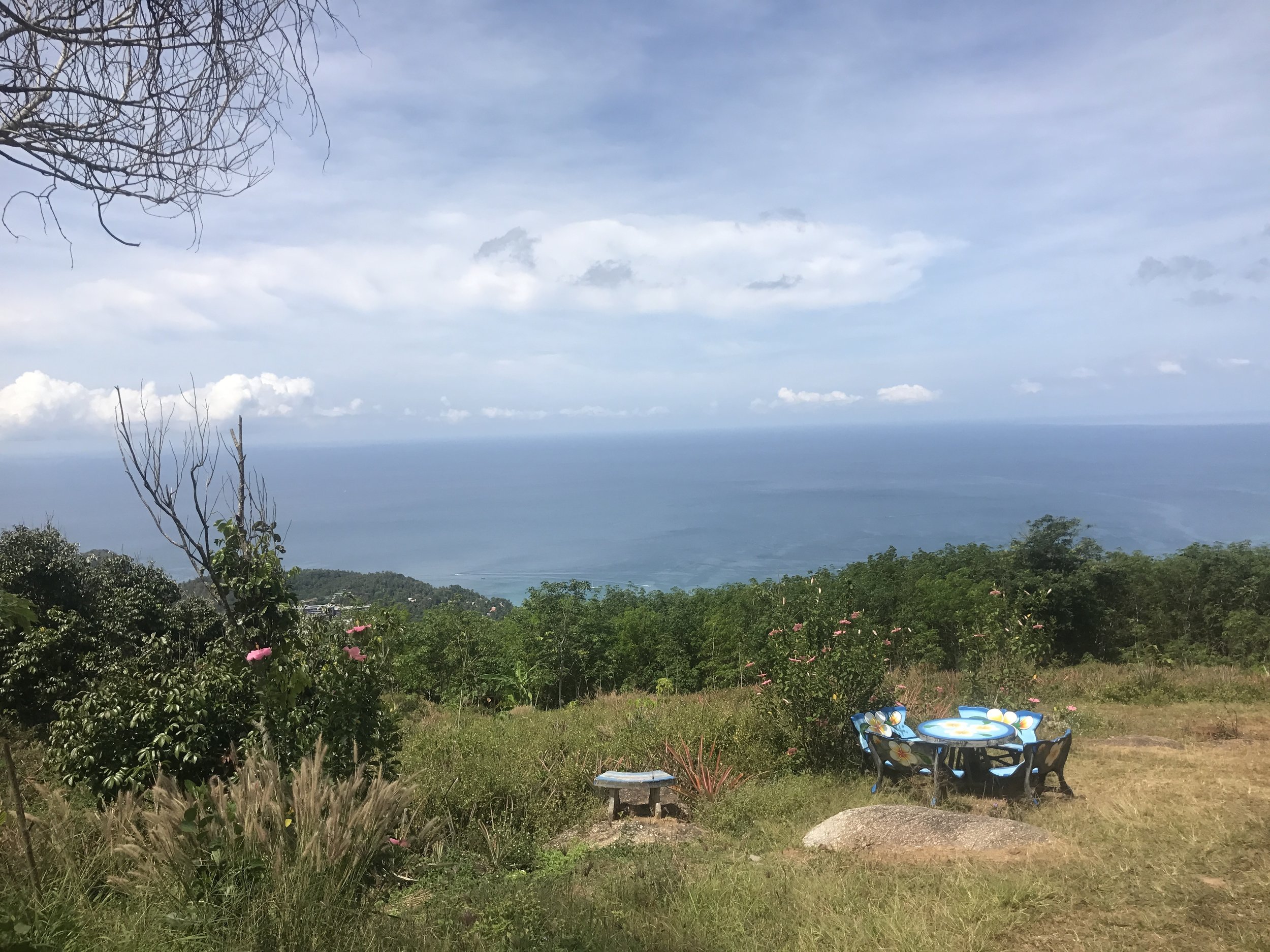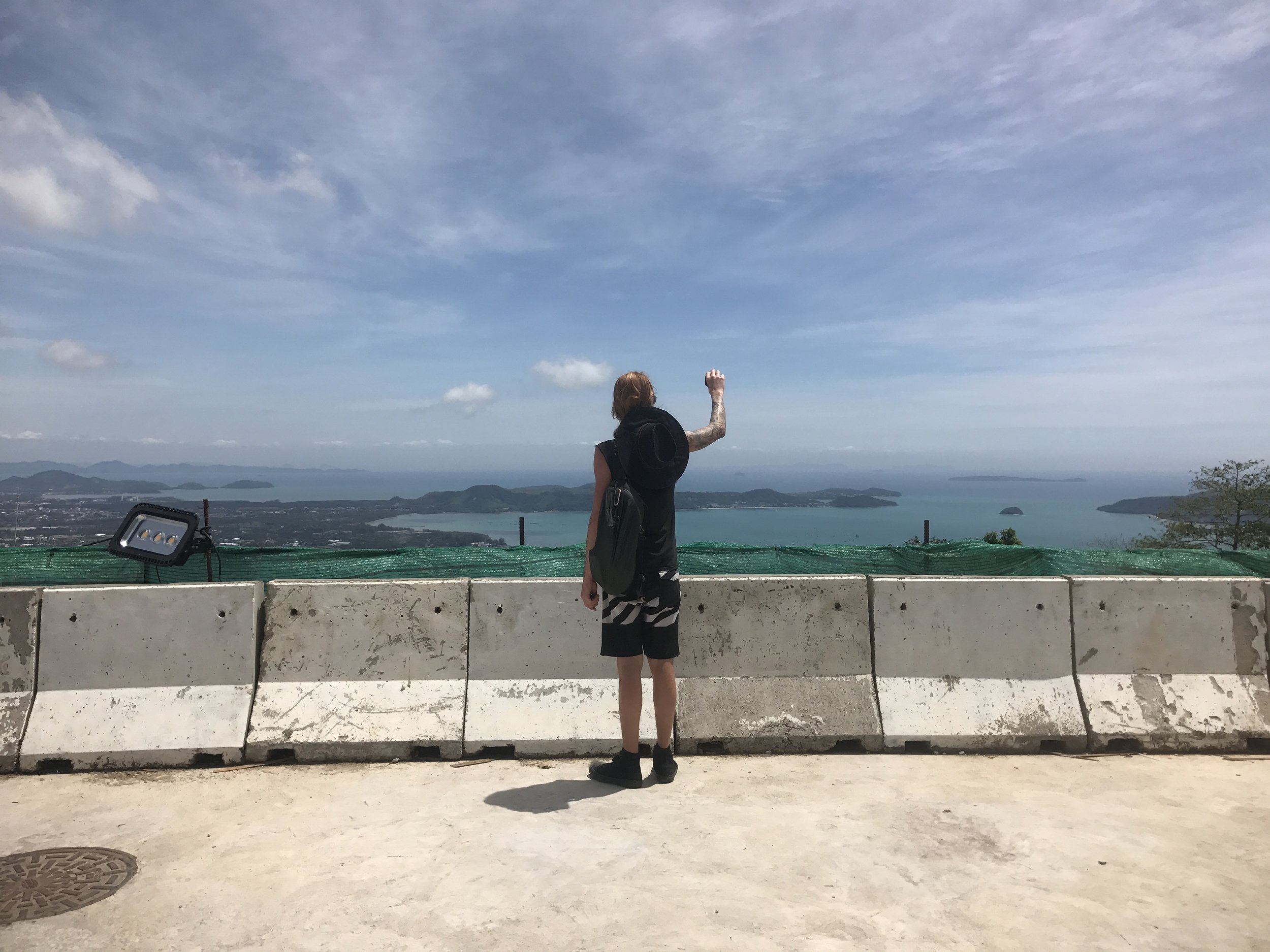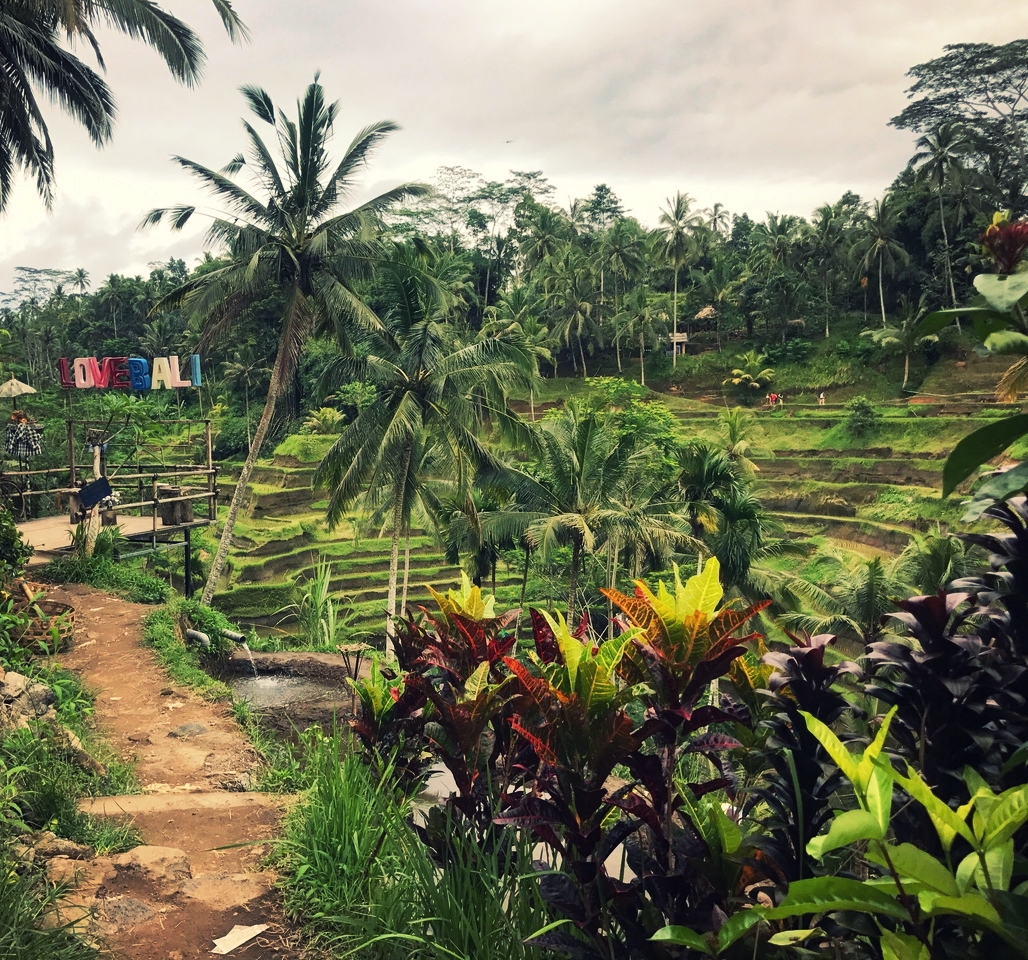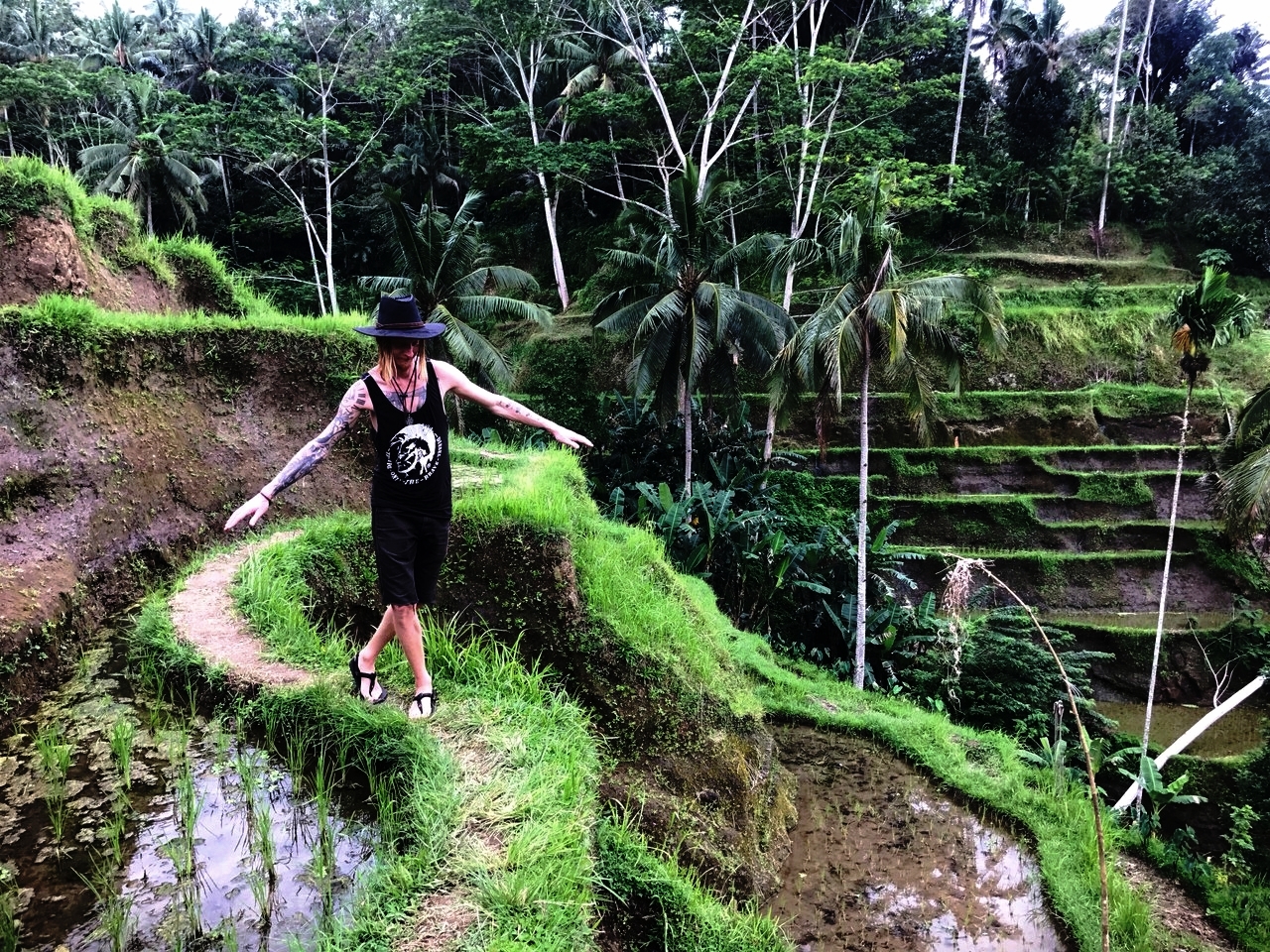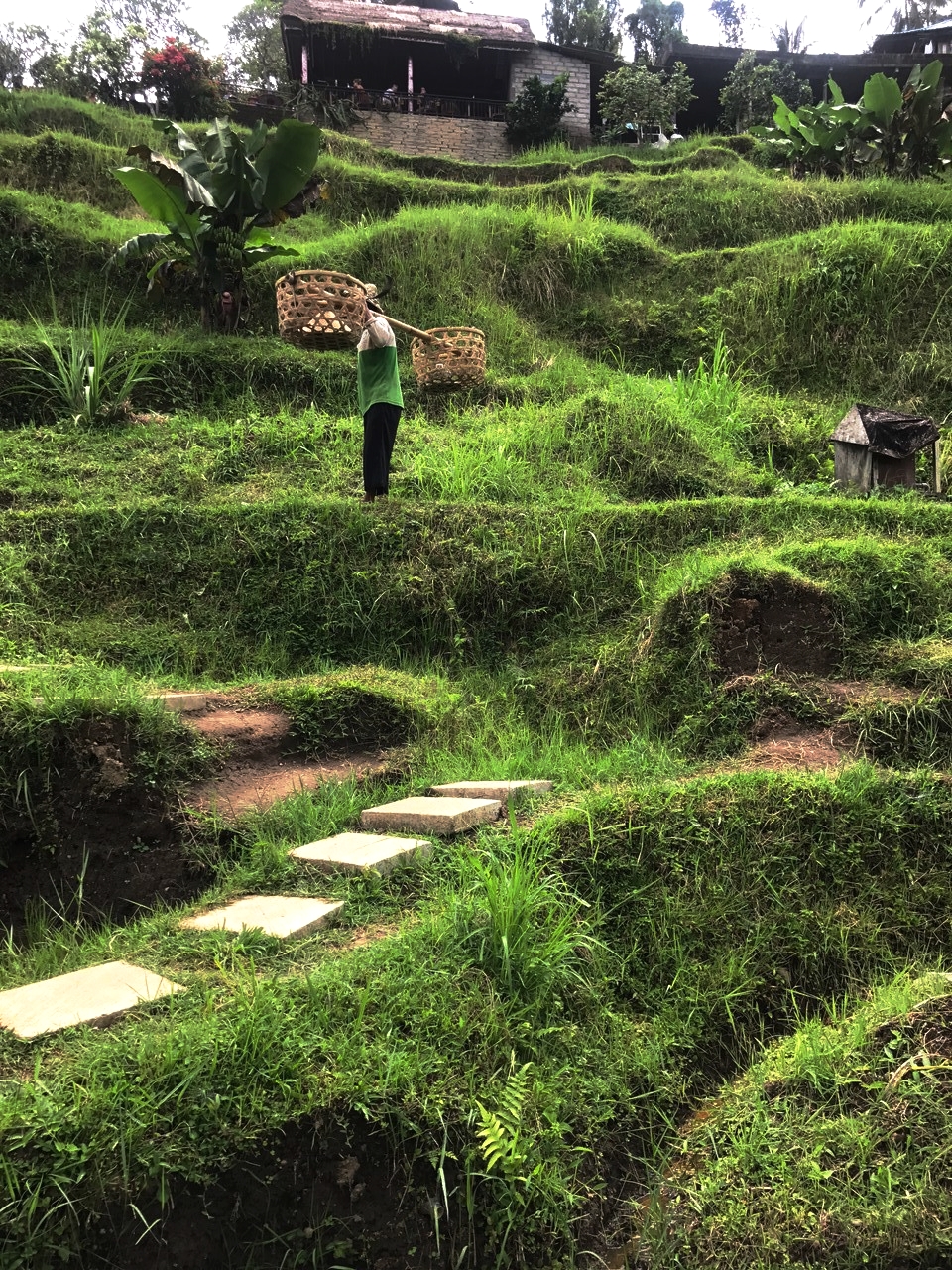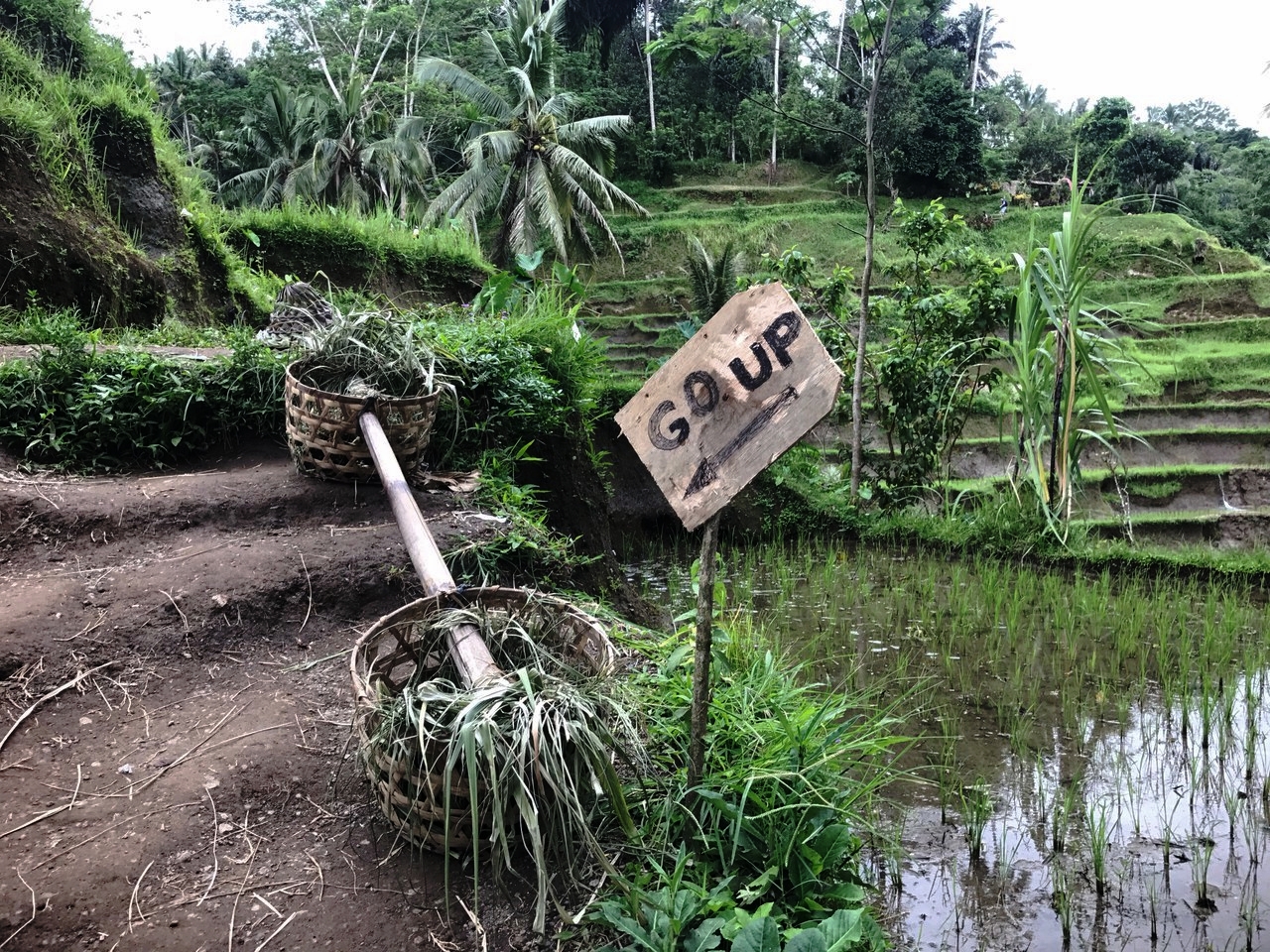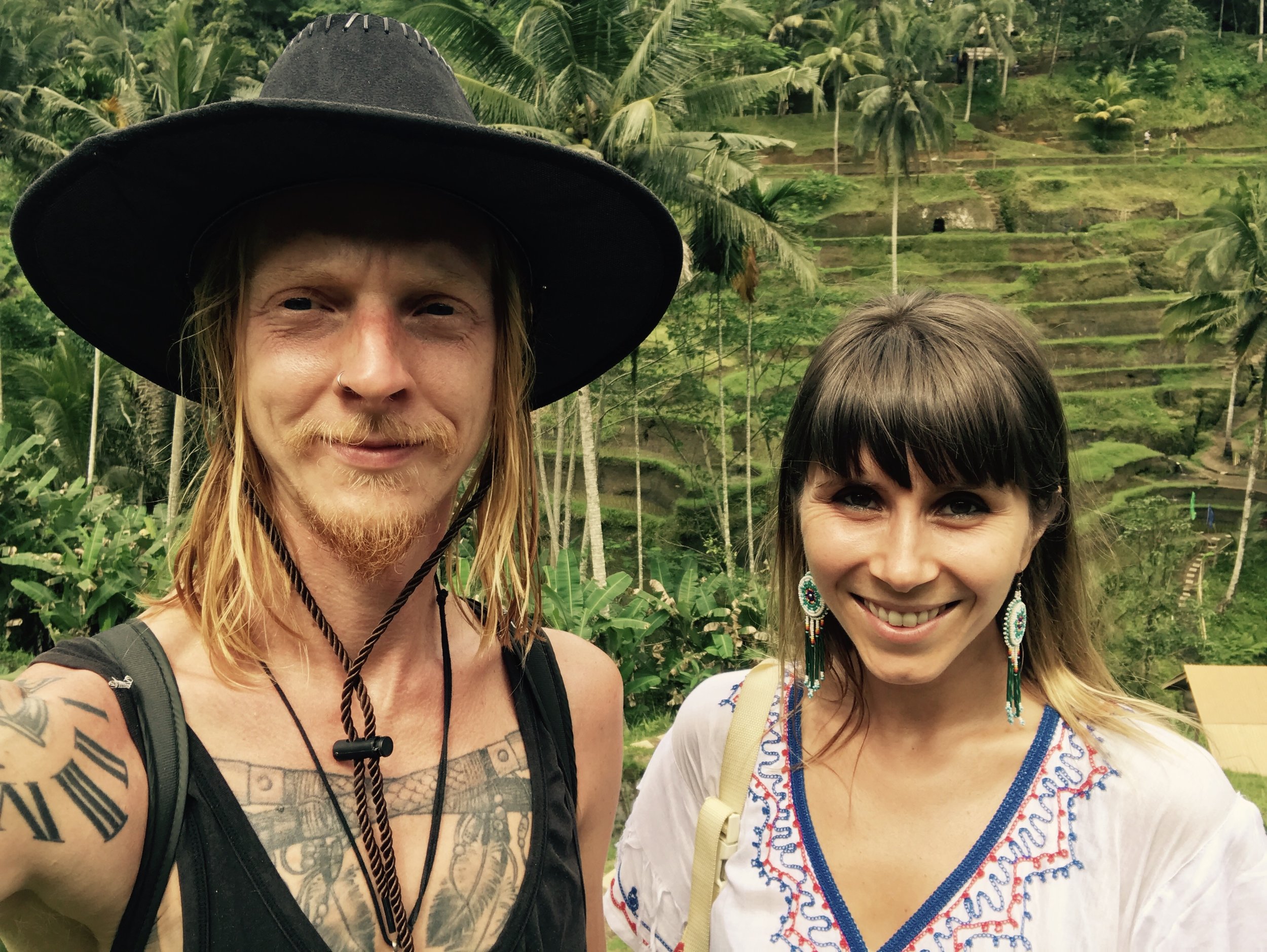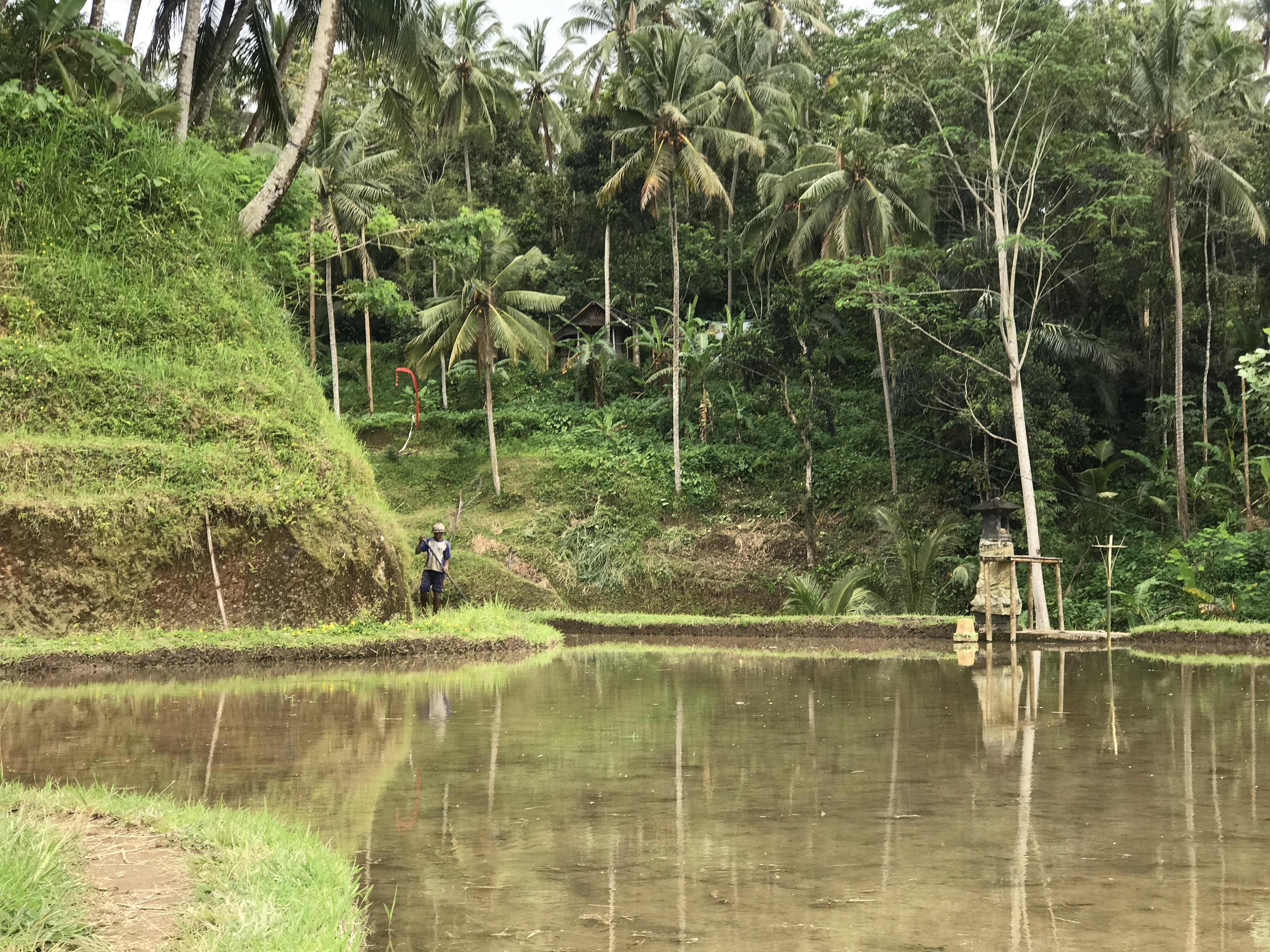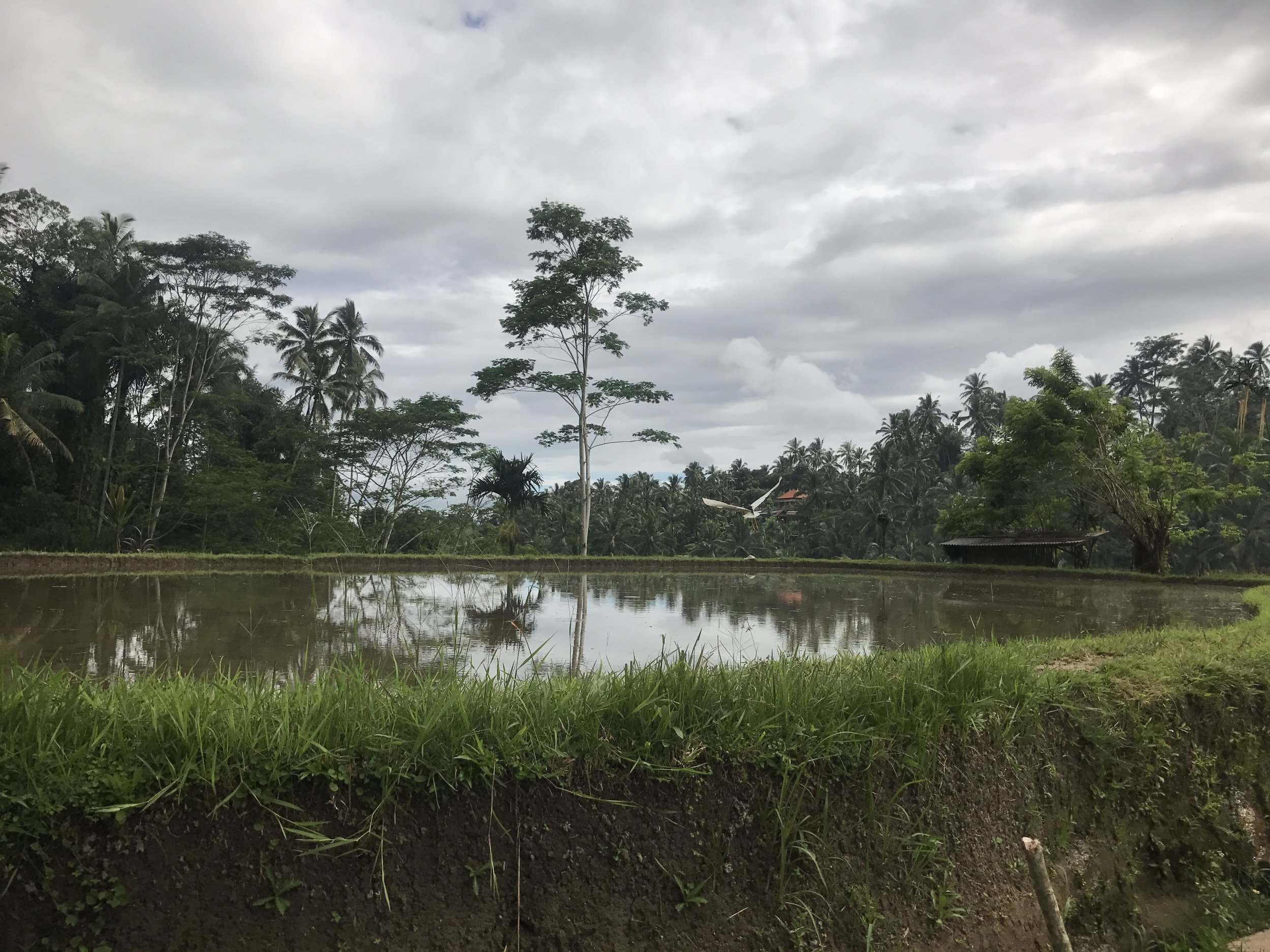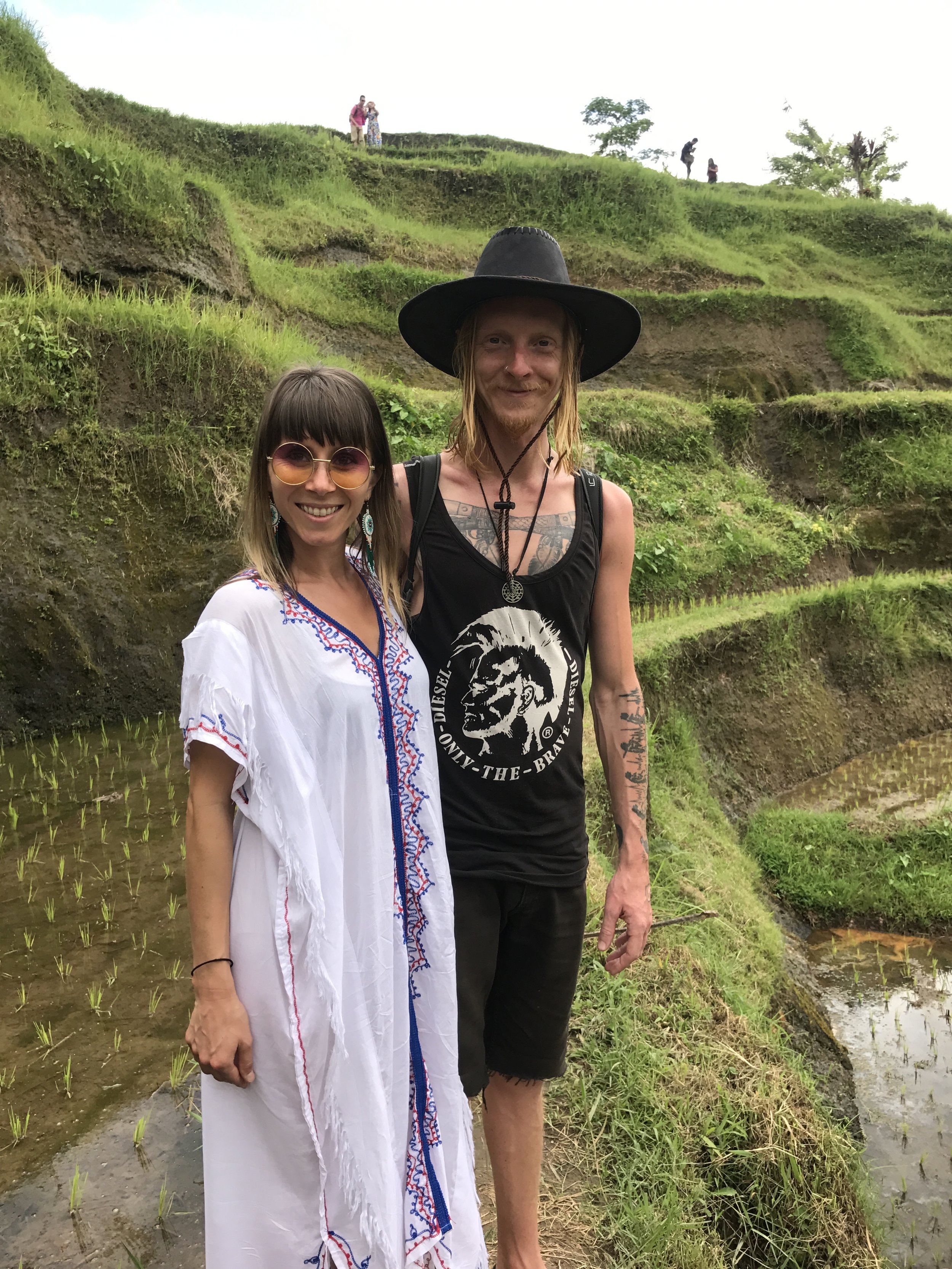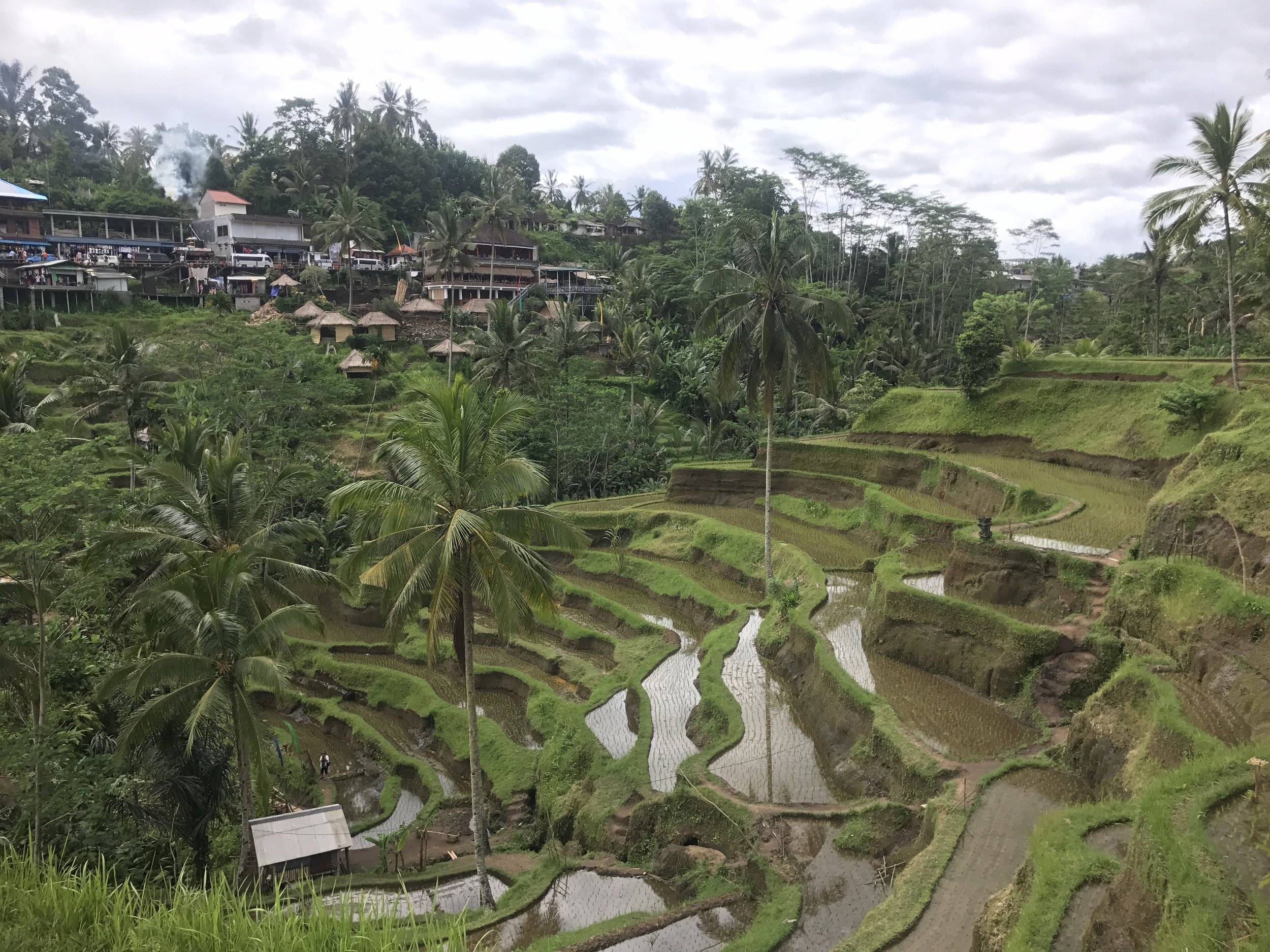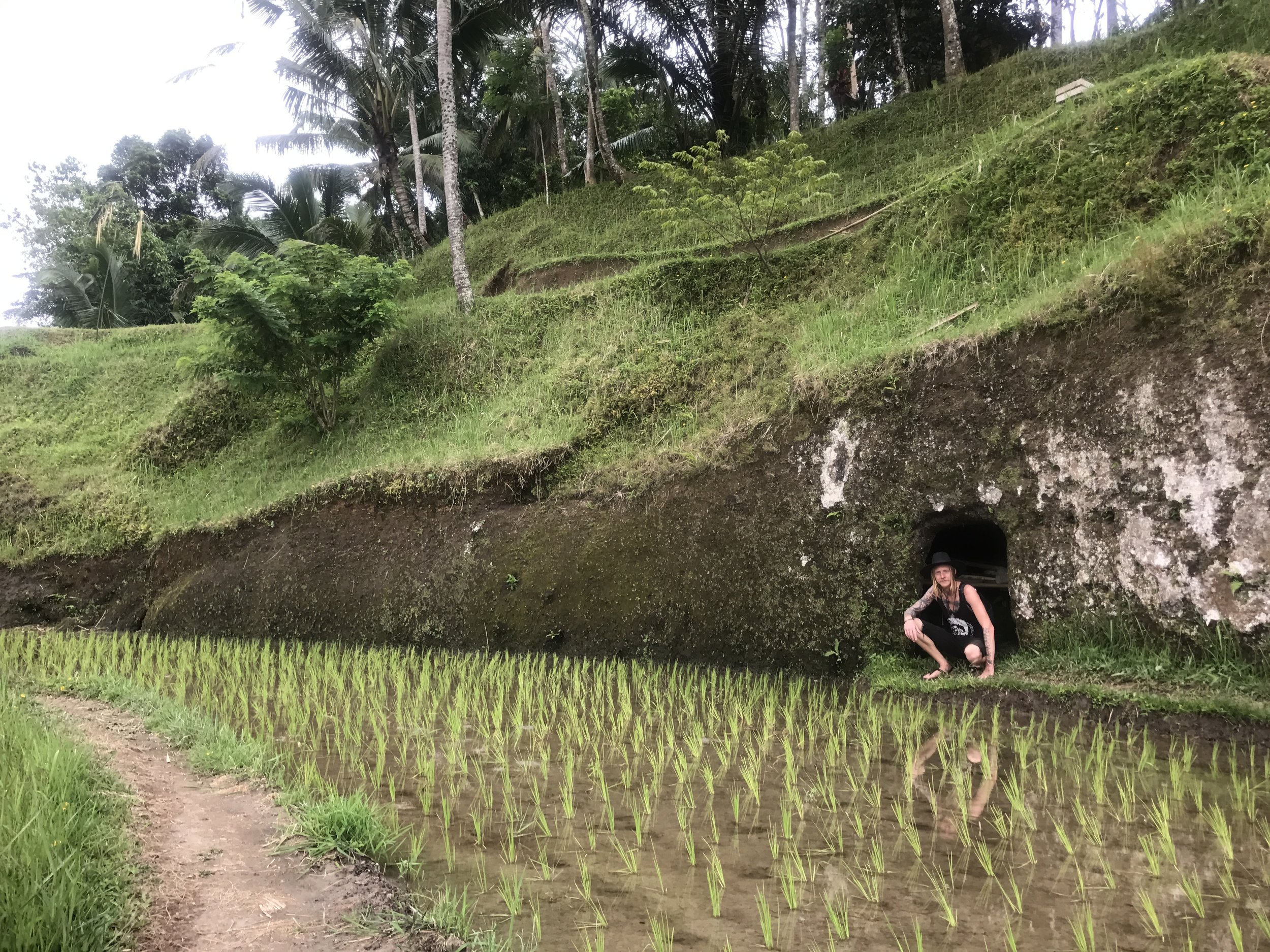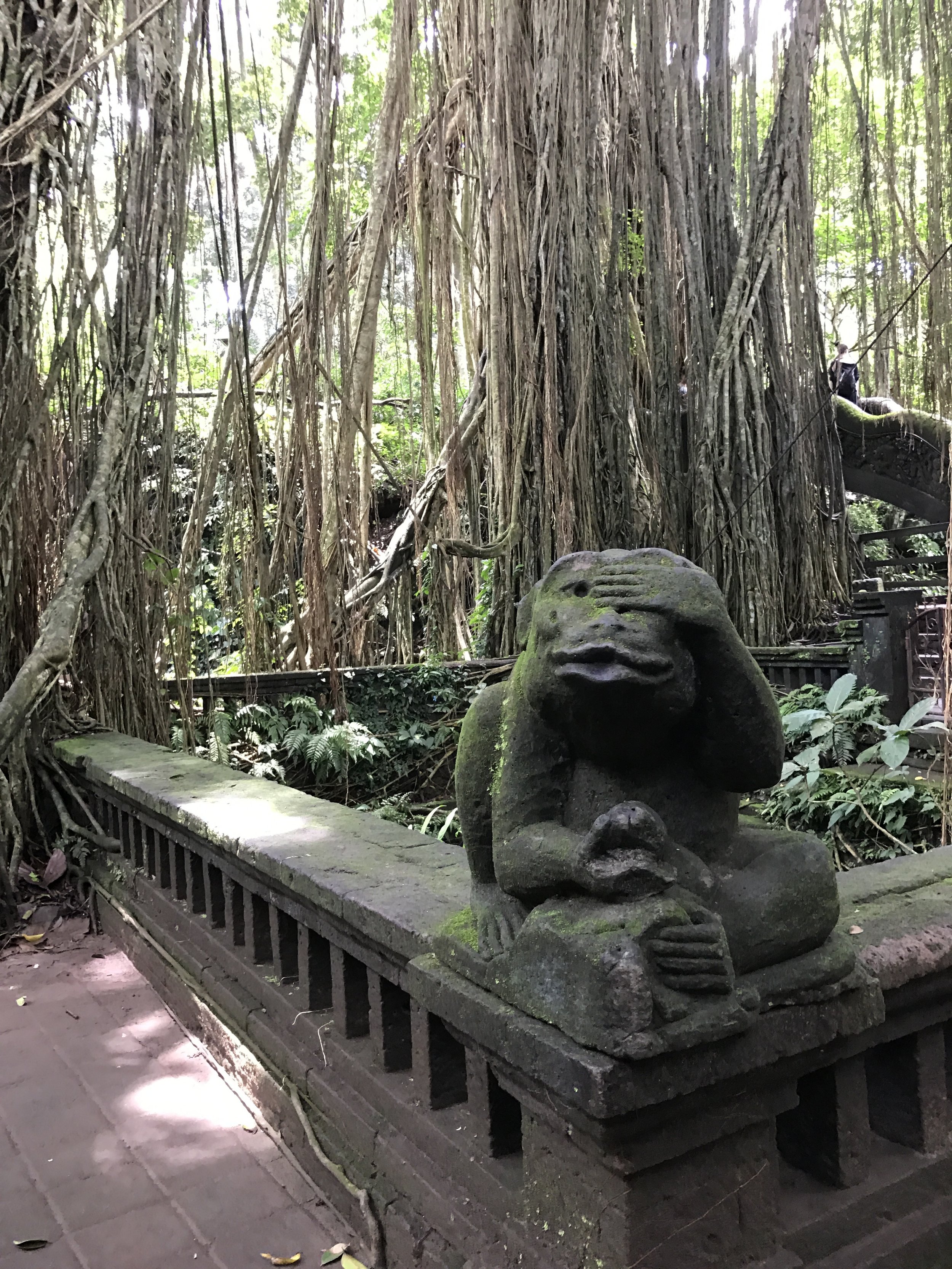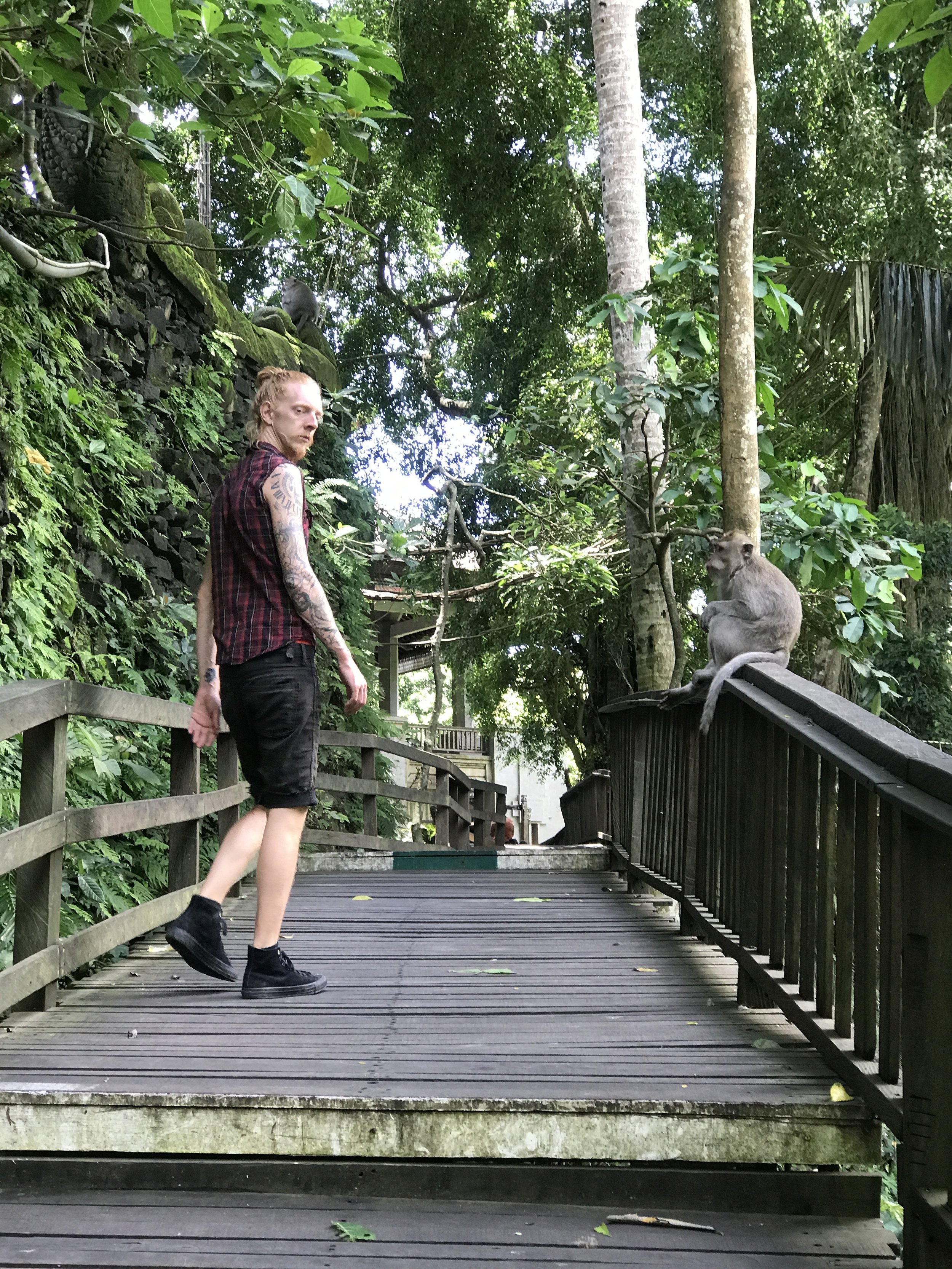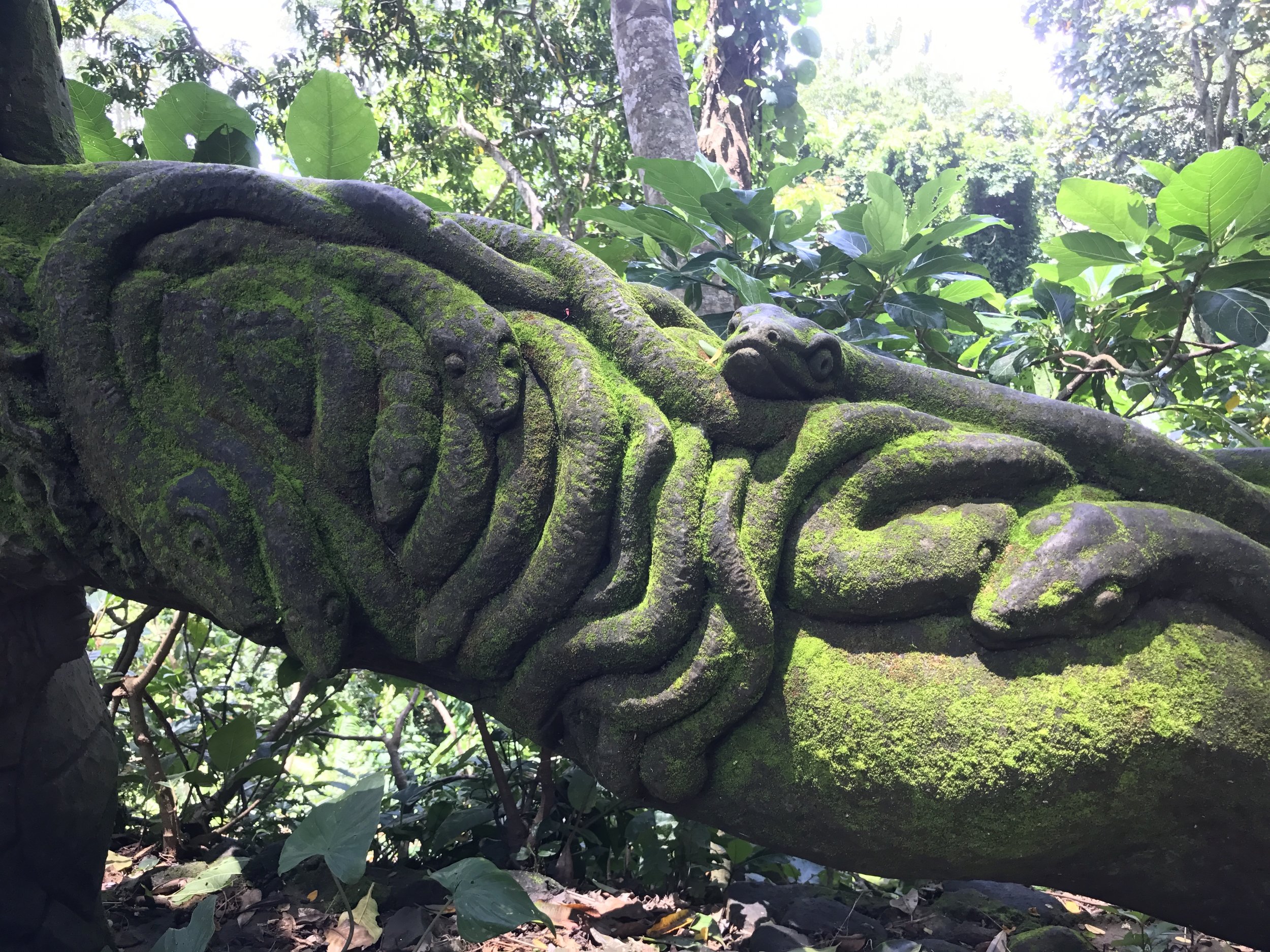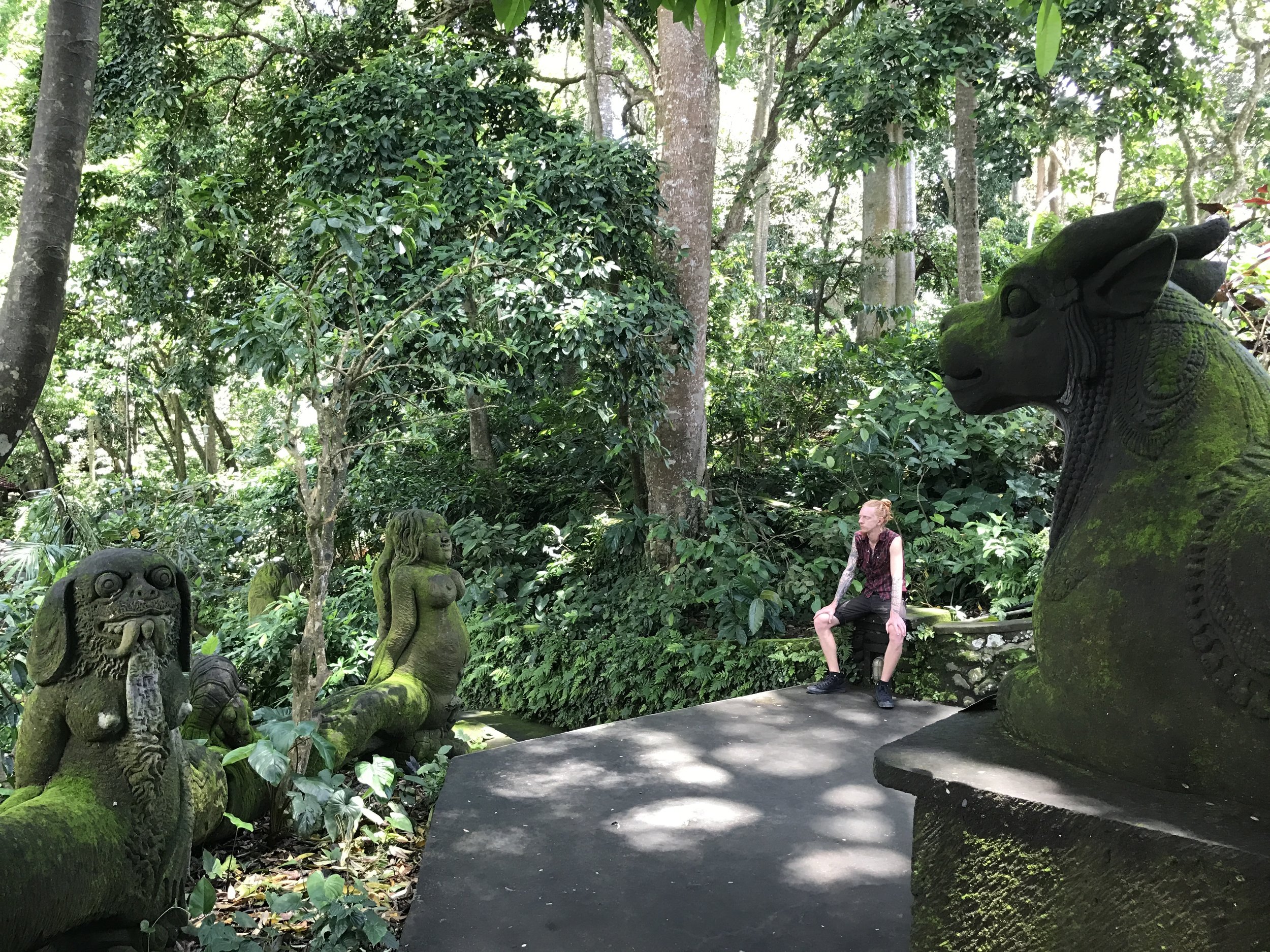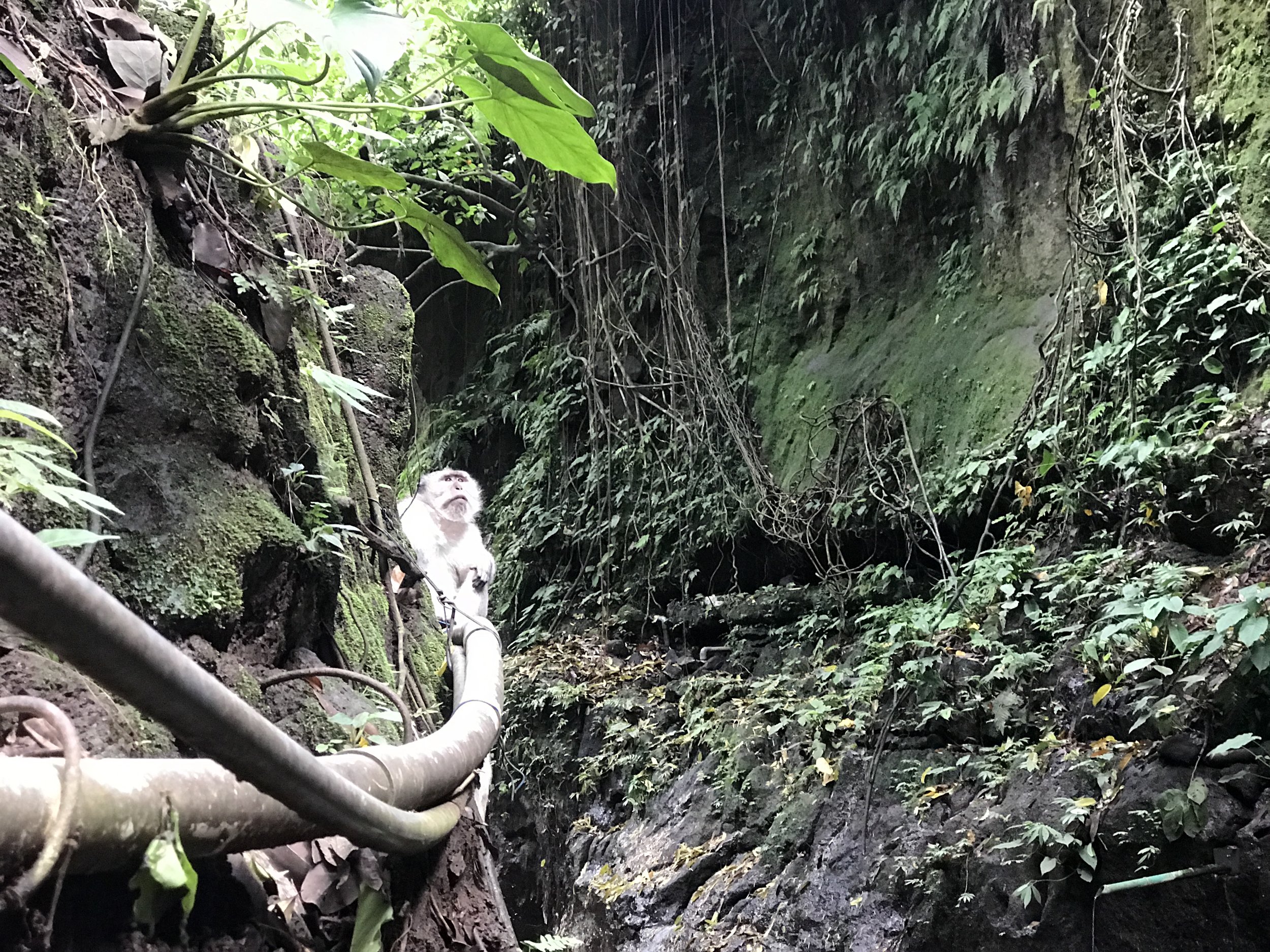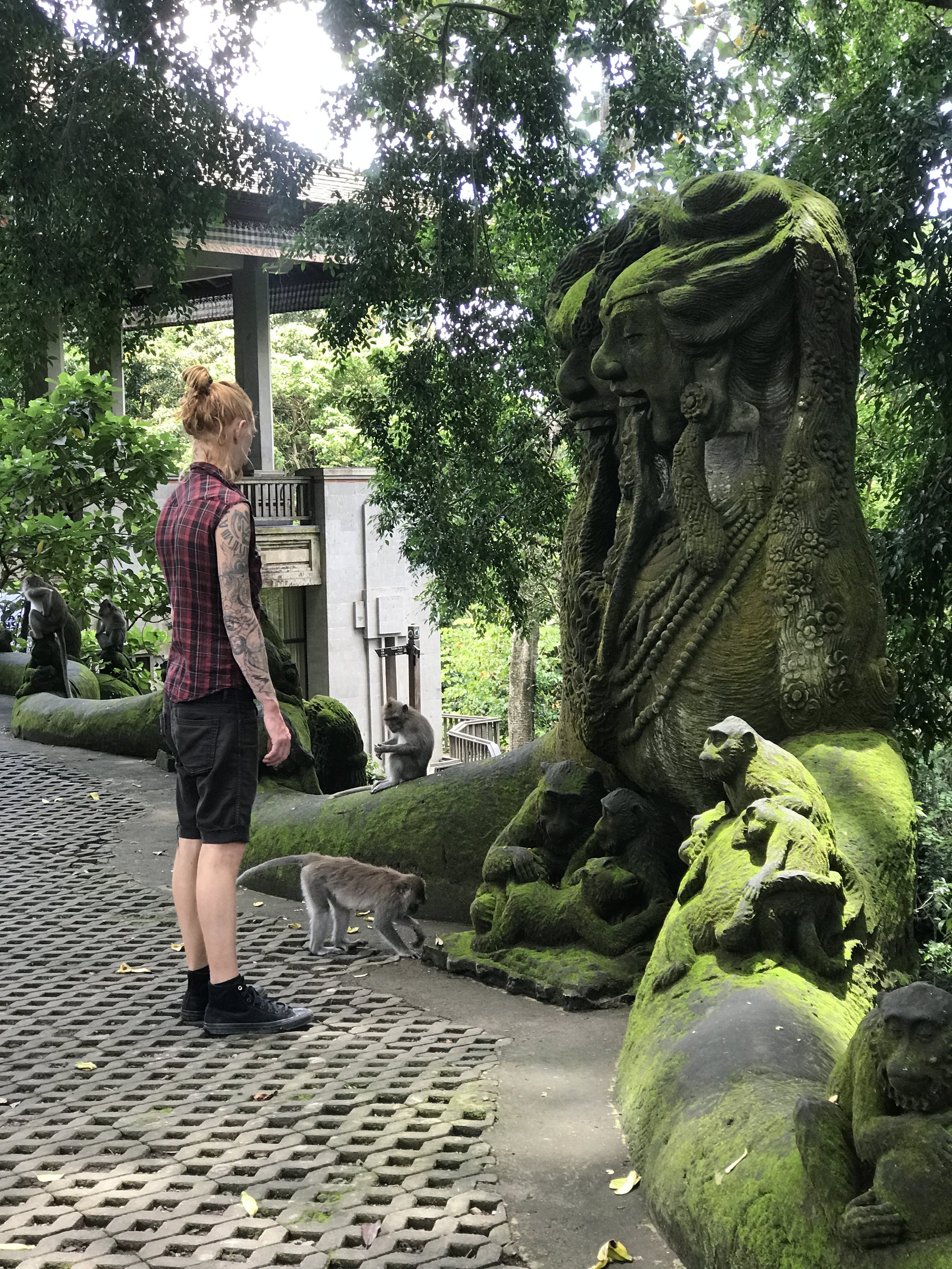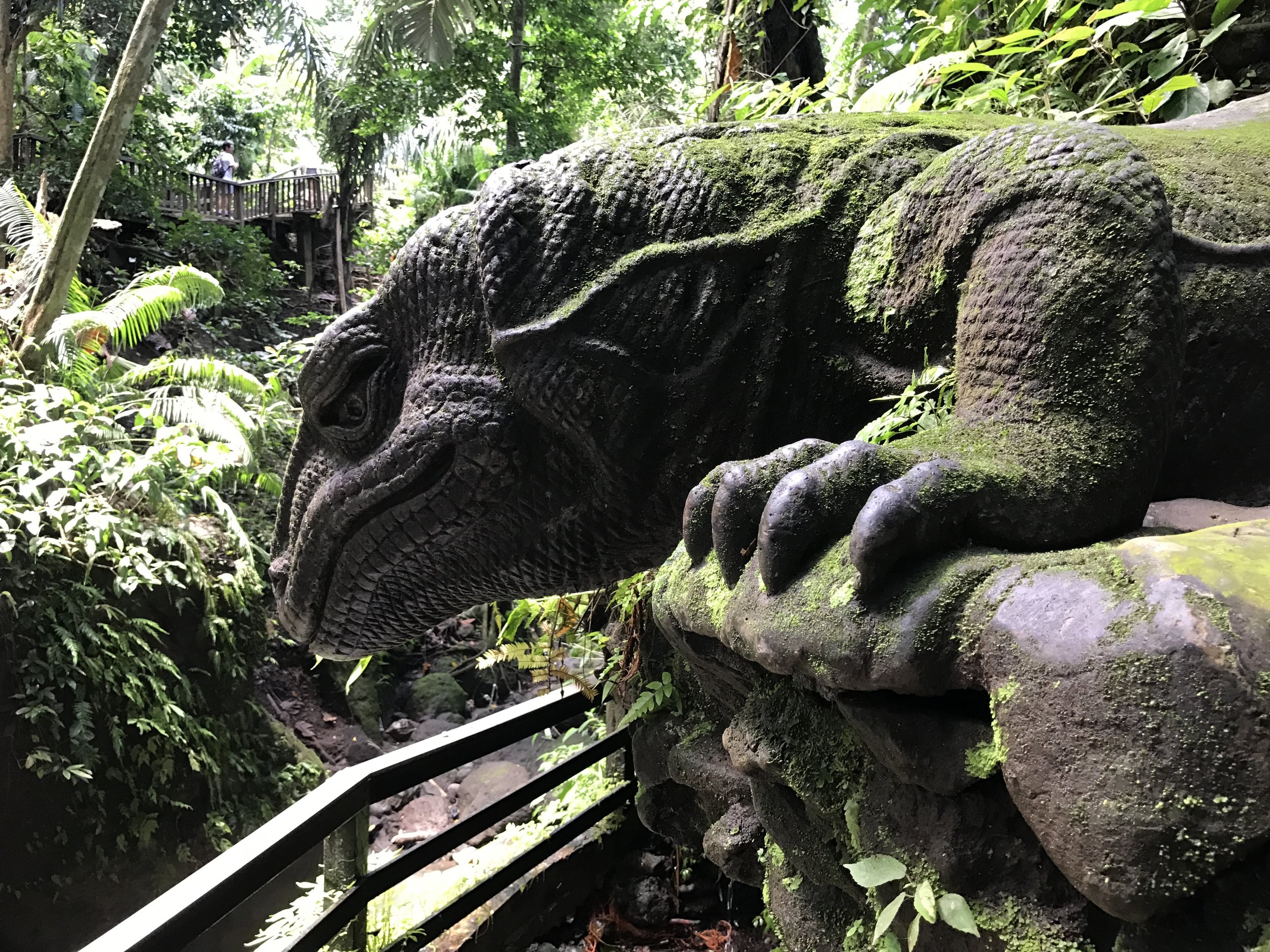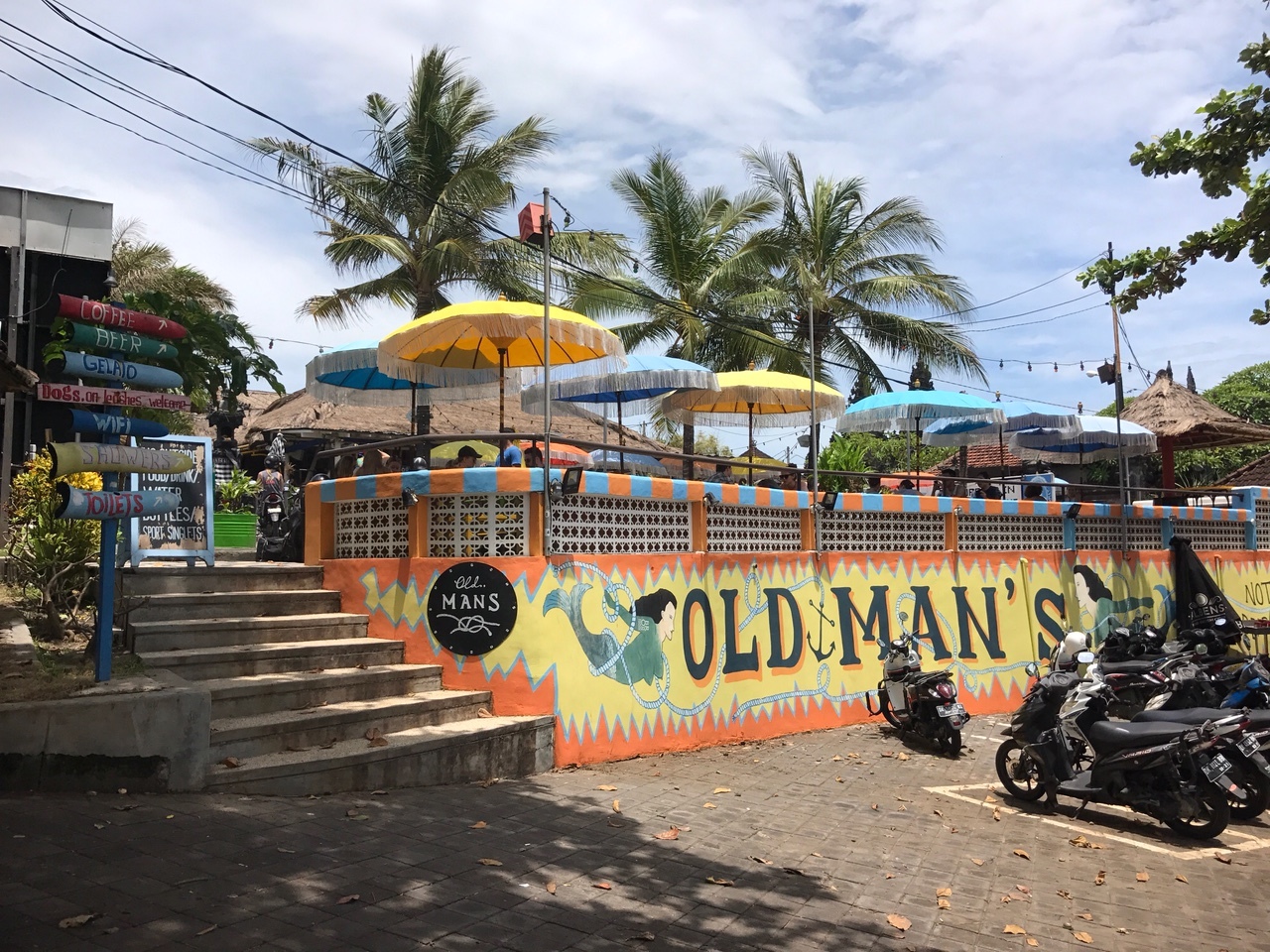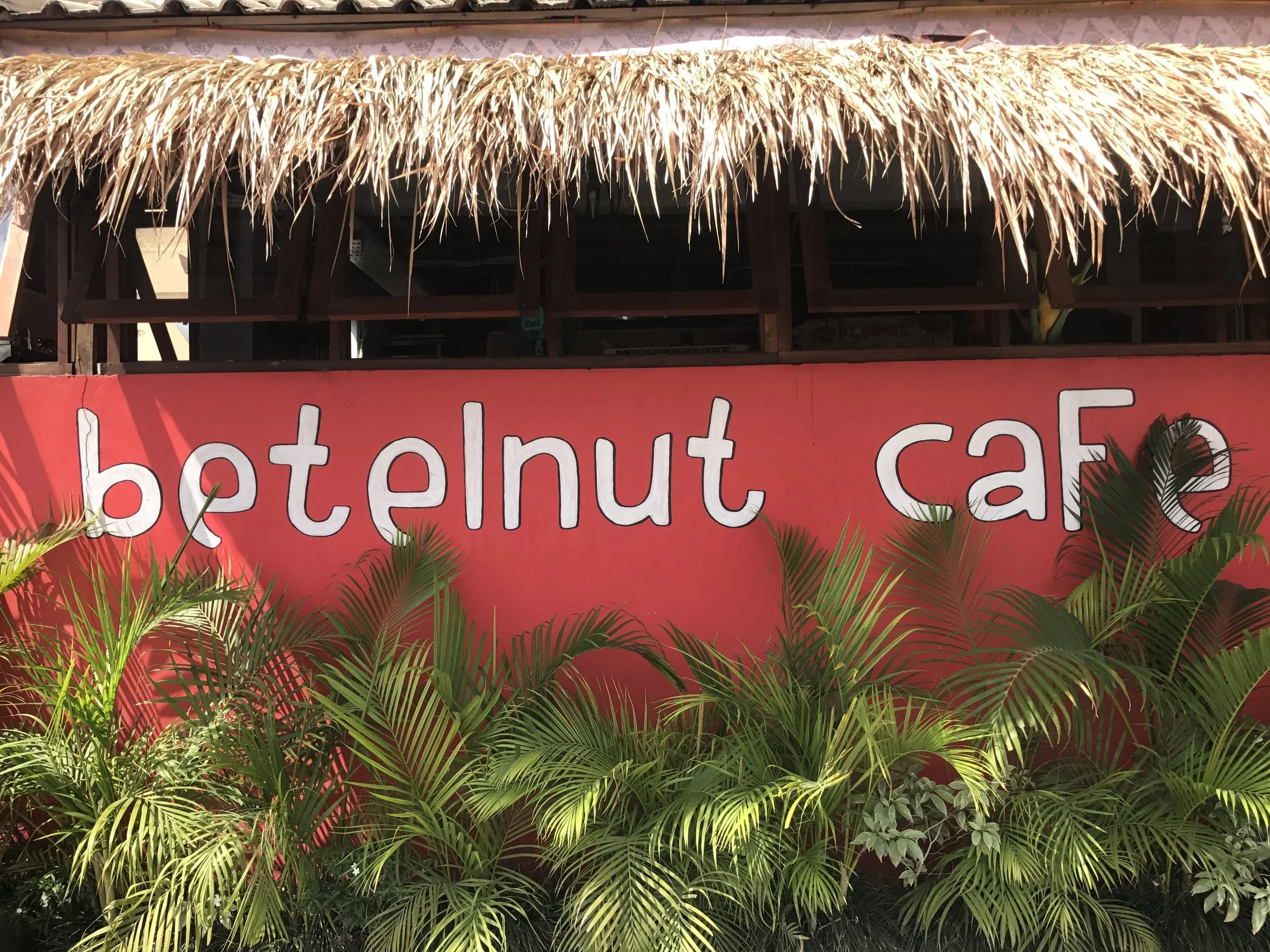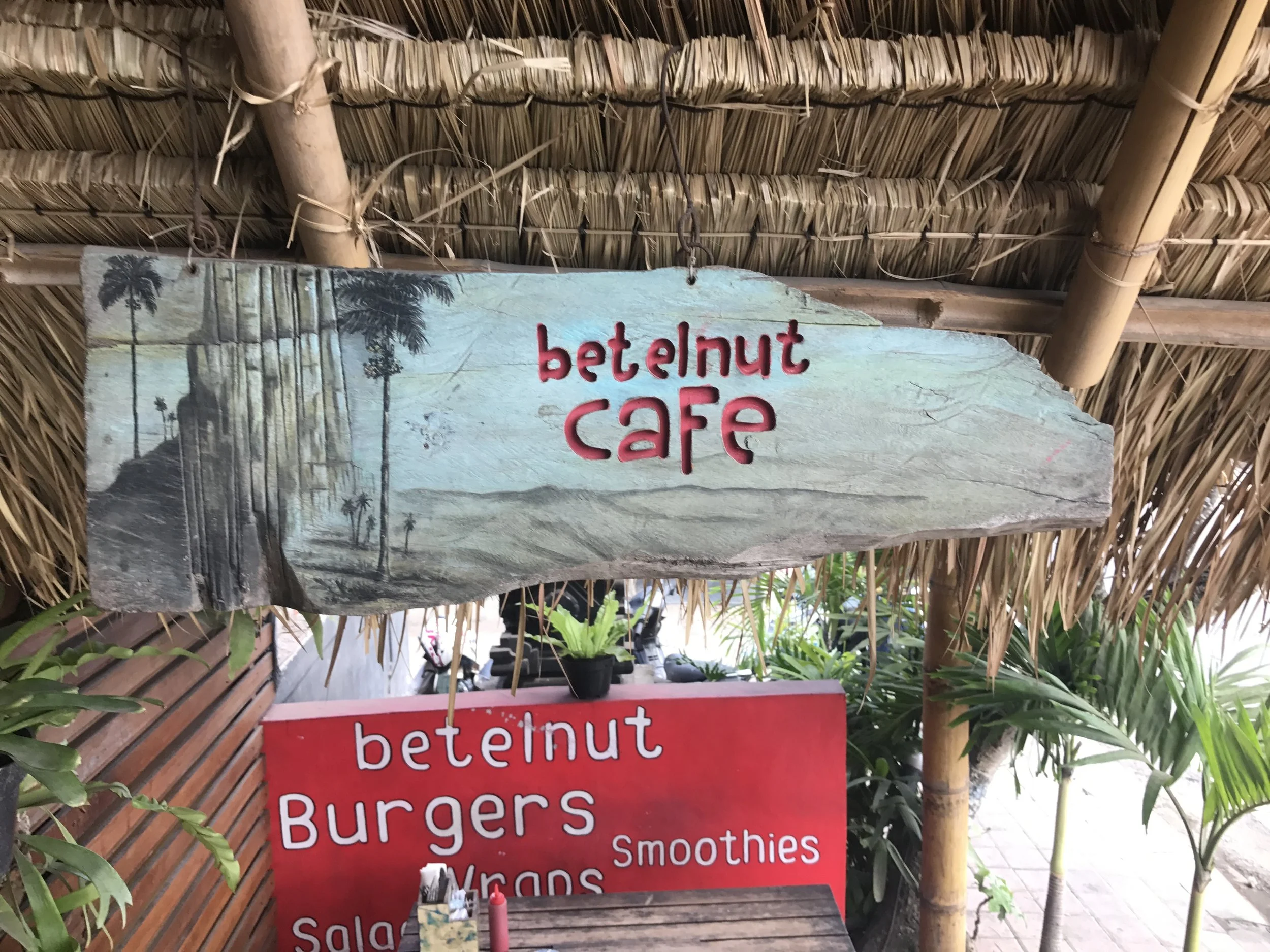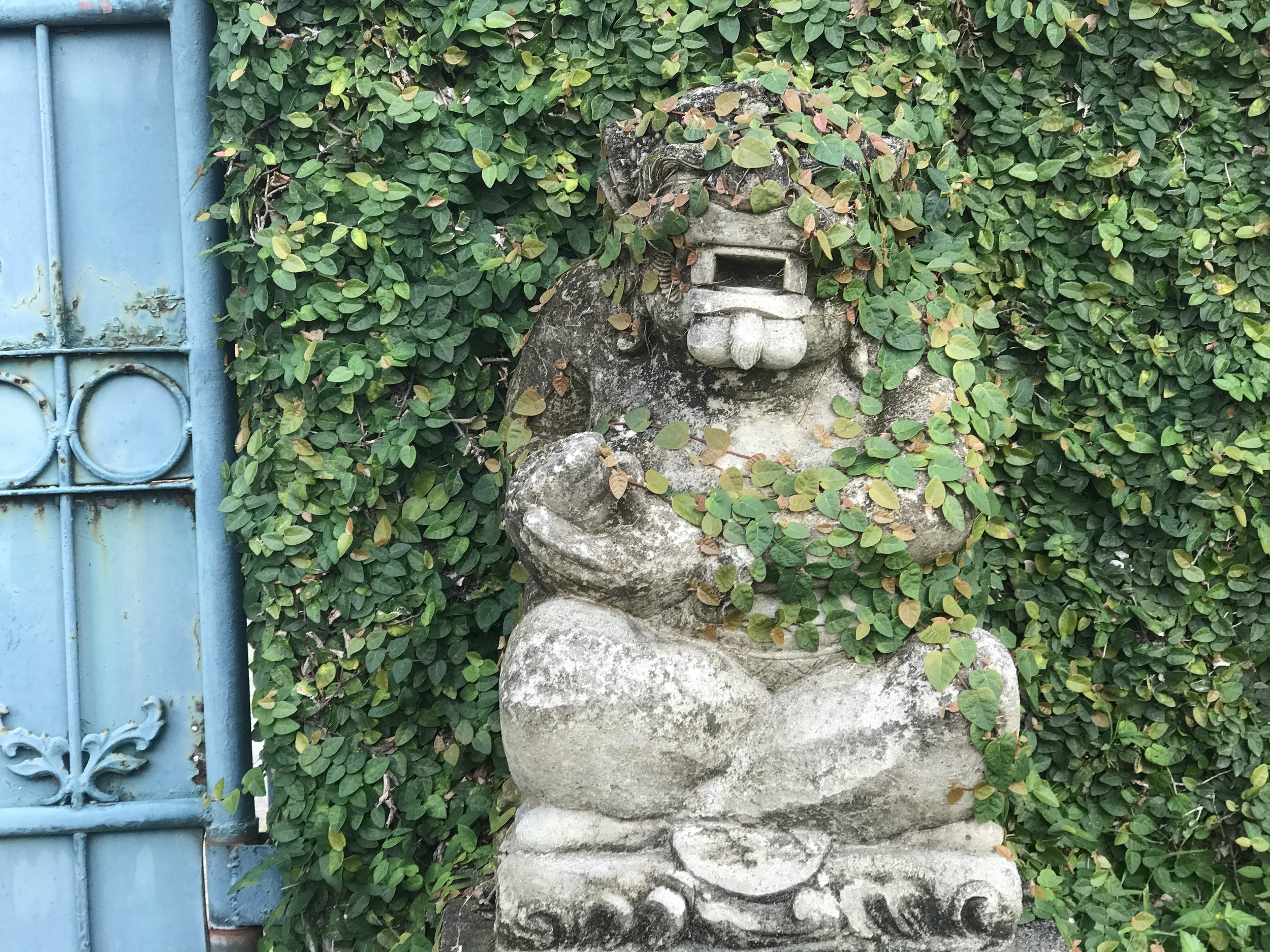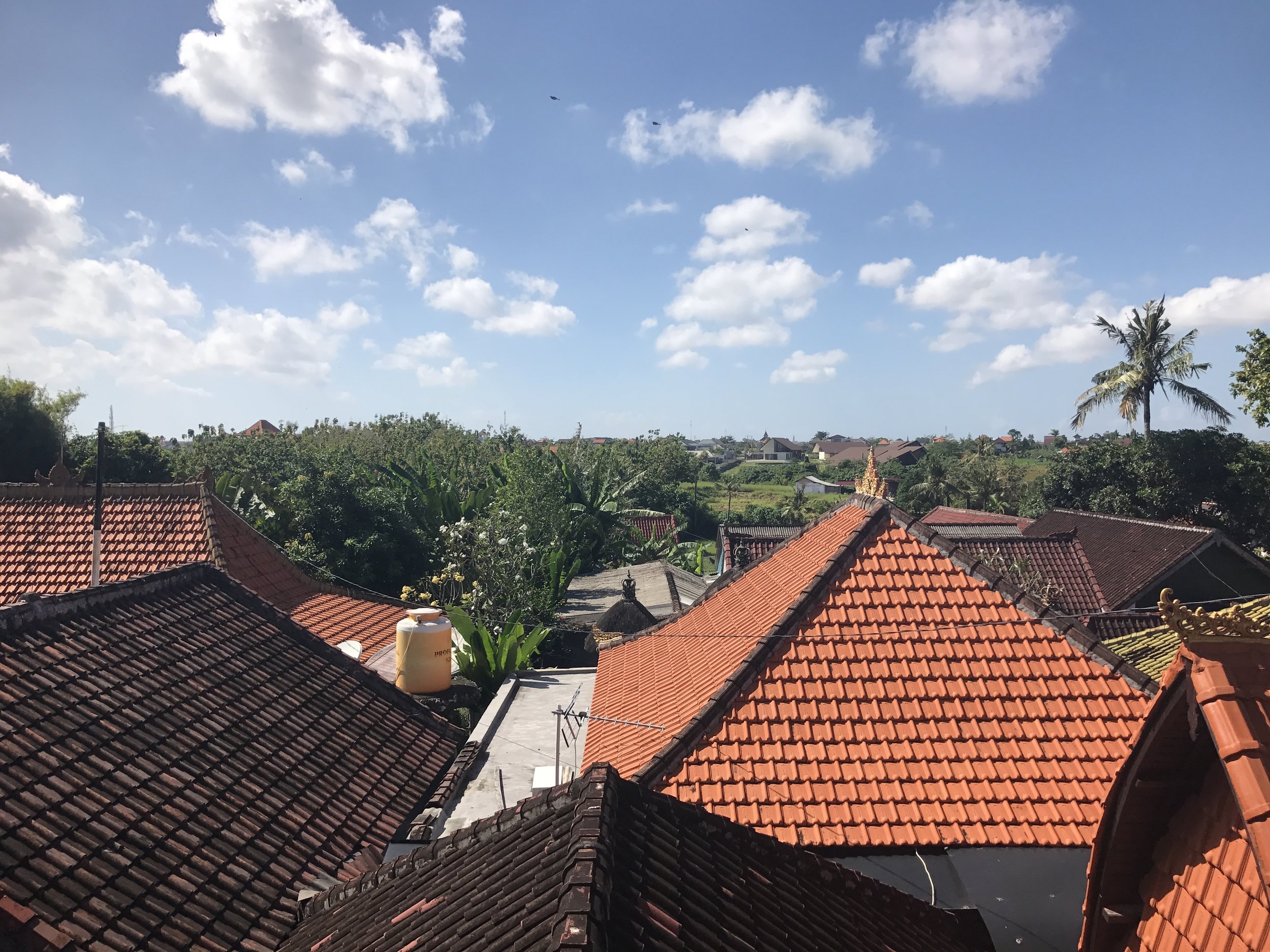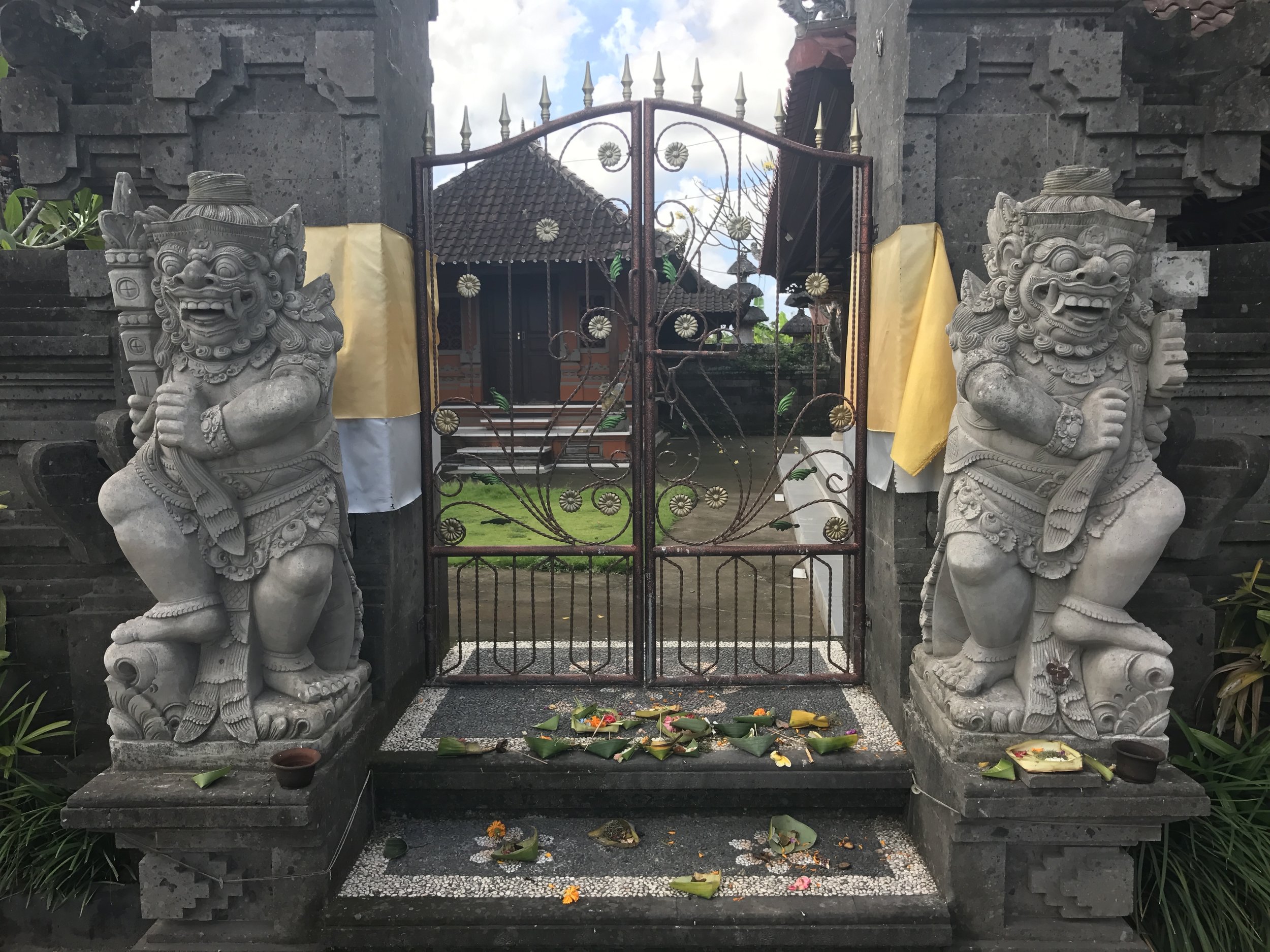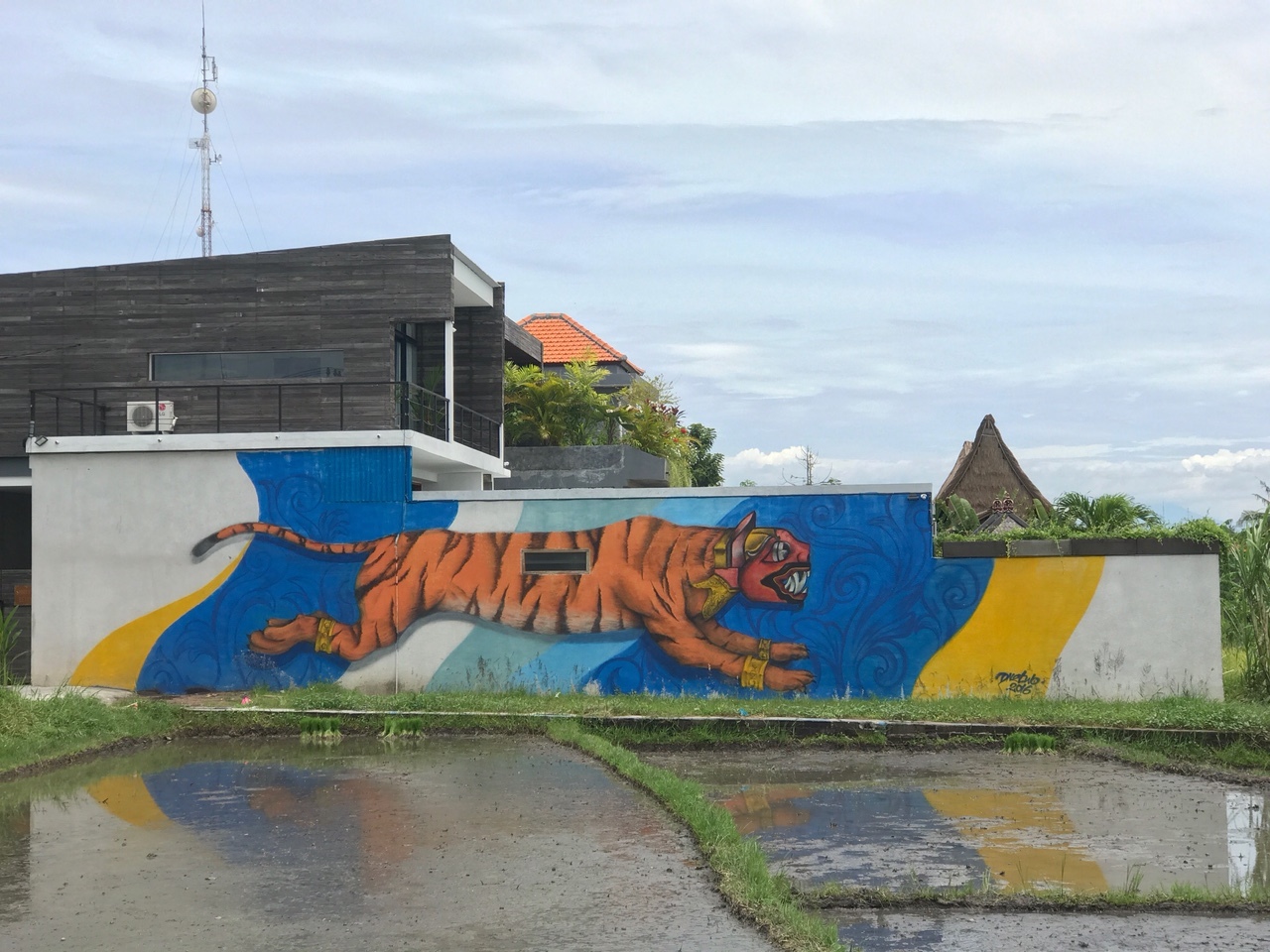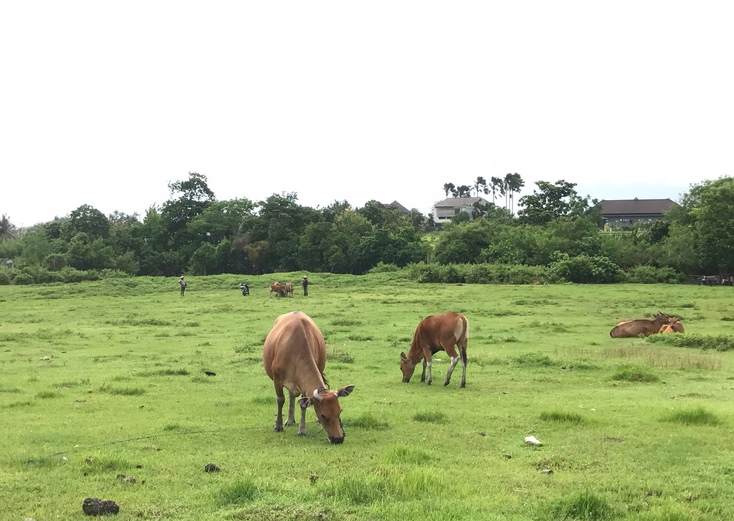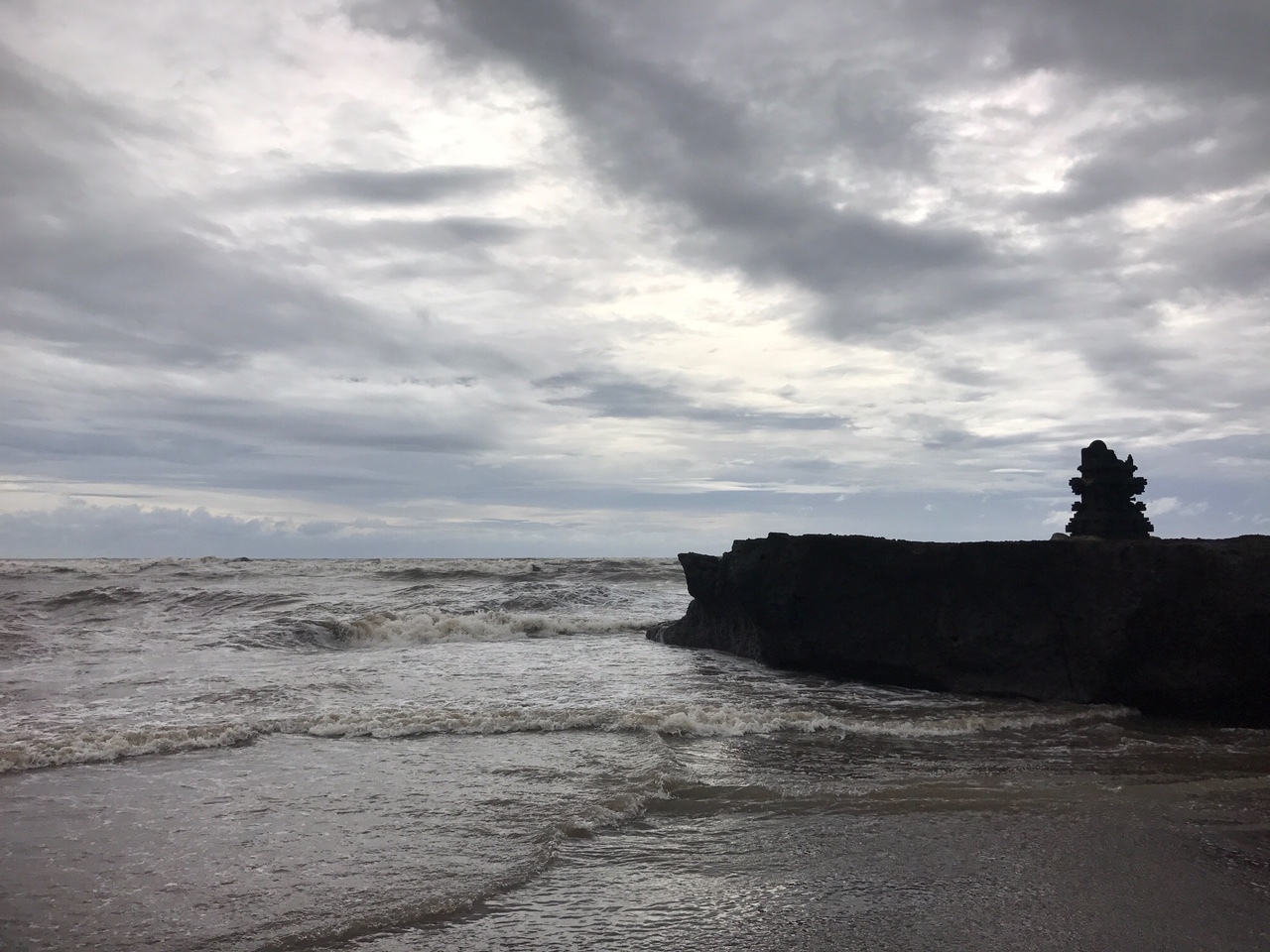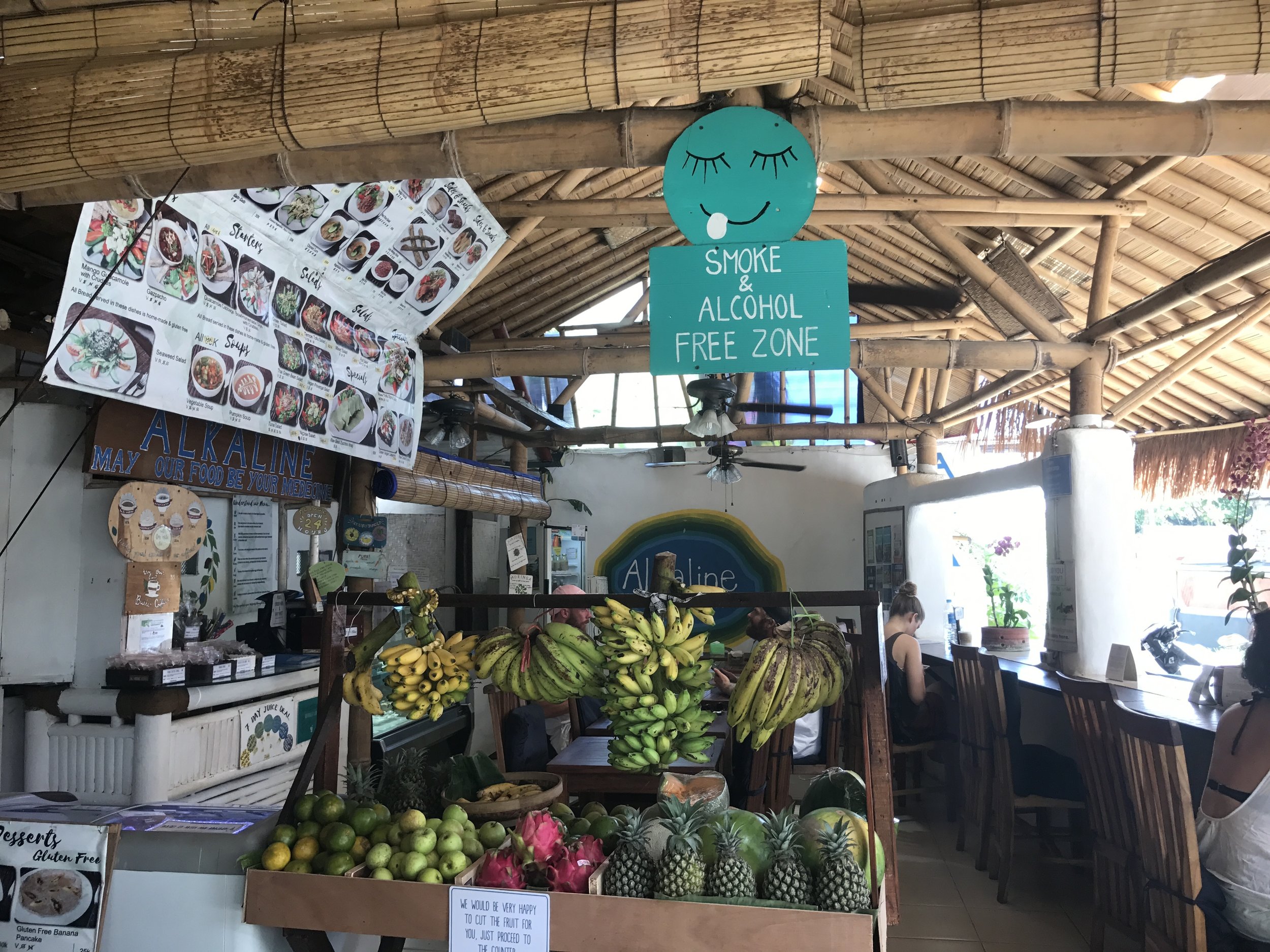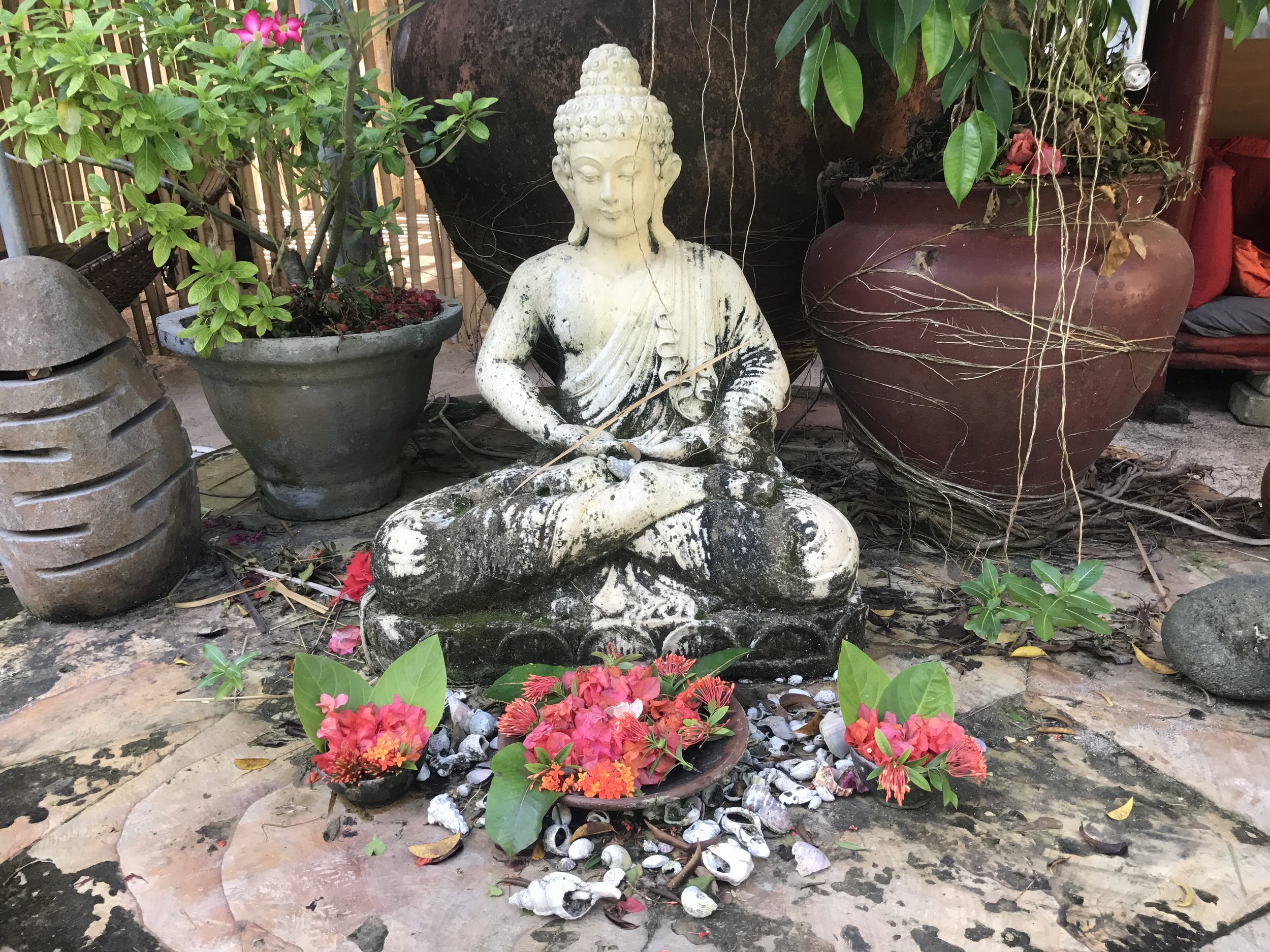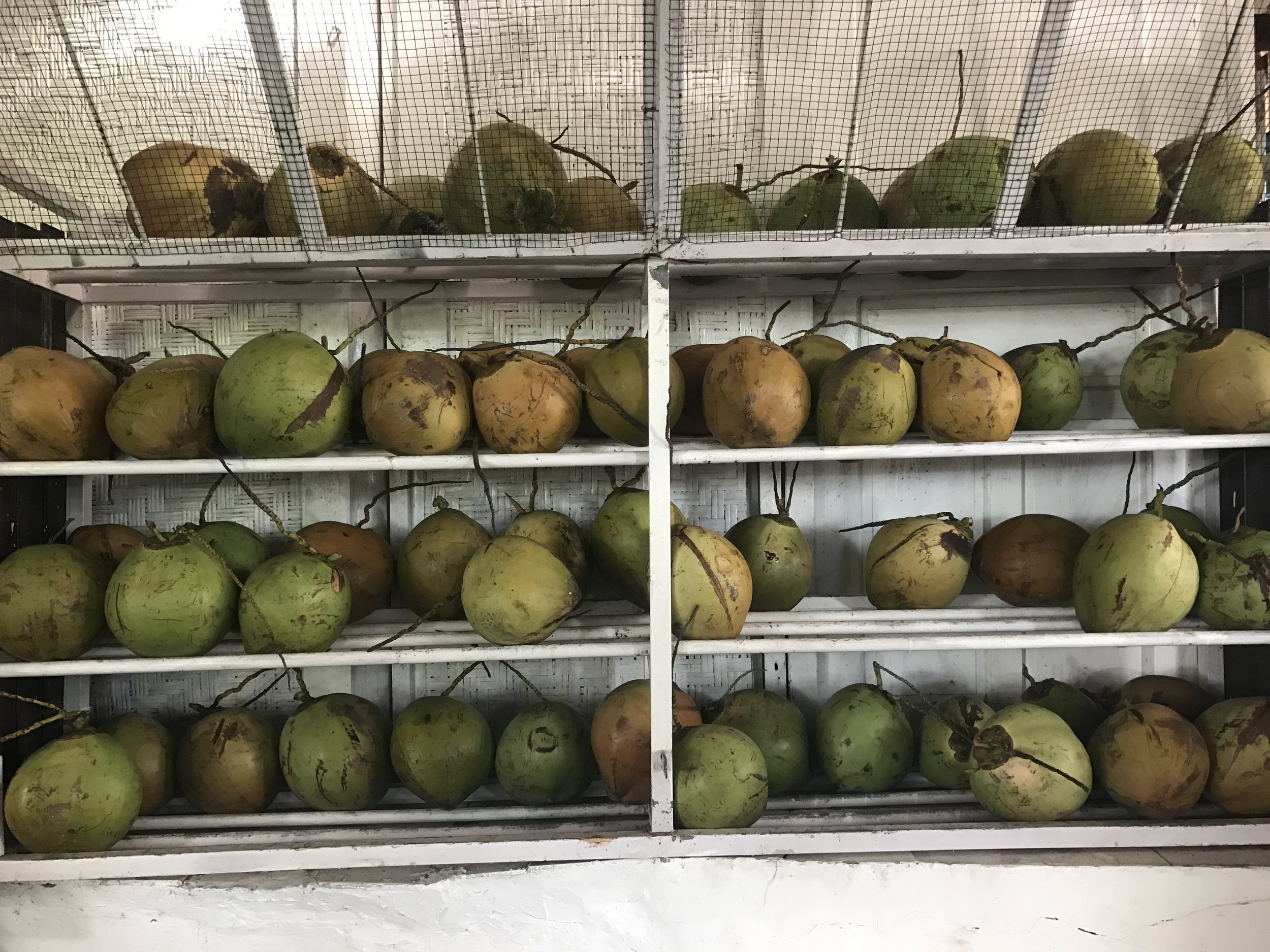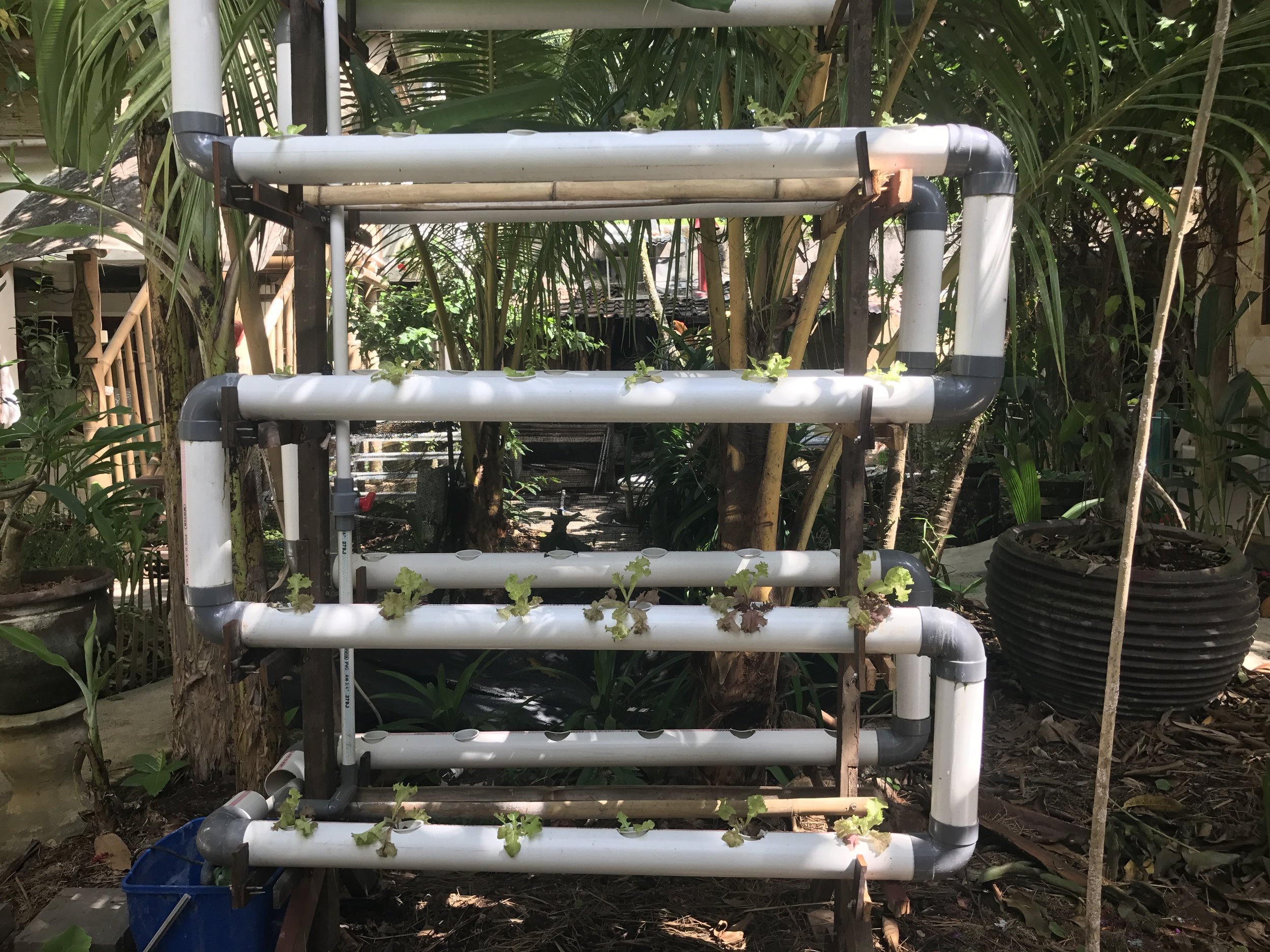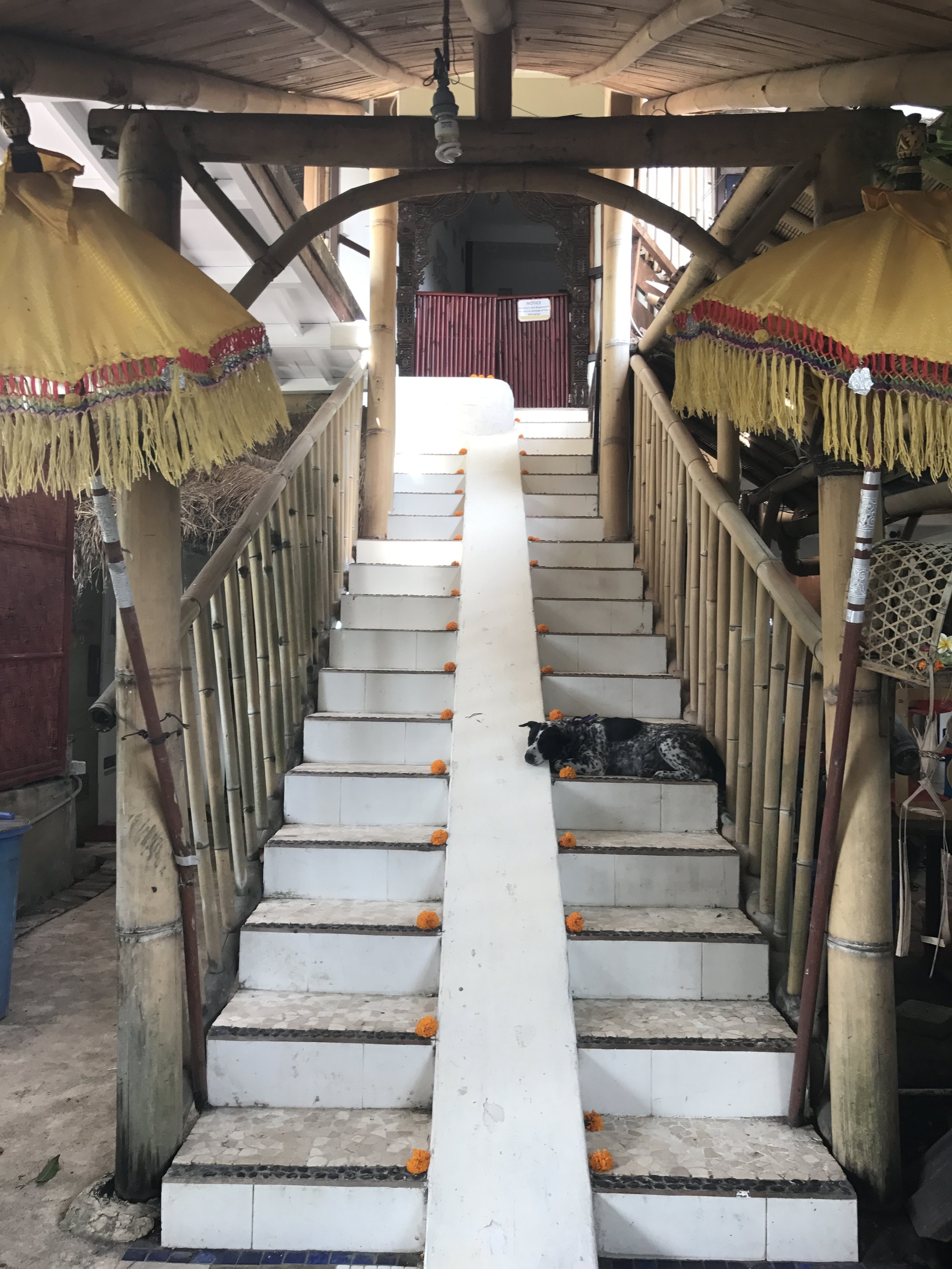We know that the prospect of long-term backpacking, especially on a budget, can be both exhilarating and terrifying. If you’re wondering how far you can stretch your funds, what to do about insurance, how to protect yourself against identity theft, what types of technology will be your best friends, and just plain how to approach life on the road, then this article is for you! (Click here for Part I of this series covering planning your trip, transportation, accommodations, and health and wellness.)
Money Matters
Budgeting: We attempted to budget $50 a day between the two of us (including our hotel costs, but not including flights). Travel gurus like Nomadic Matt recommend this budget for 1 person, but we tried it as a couple. Most of the time, we stayed on target. Travel days and tourist days usually threw this out the window though, and that was ok, because there were plenty of times when all we did was cruise the beach or explore a town with our only expenses being food and accommodations. For the first month of our trip, we were very lax about budgeting. After noticing our bank account quickly draining, we immediately set out on a budget, logging purchases every day in the Notes app on our phone. We definitely recommend budgeting from day 1, especially if you have no income. Don’t be fooled by the allure that everything’s cheaper in a particular region. No matter where you travel, every purchase adds up.
Exchanging Money: Though convenient, it’s not necessarily advantageous to change a lot of money at the airport. The airport exchange counters will often boast ‘no fees,’ but that is typically in exchange for a higher conversion rate than you might find on the street. This is where your conversion app comes in handy. Do a conversion ahead of time so you know what to expect. We always tried to use up most of our money in a country before we left, and then took out money at ATMs in the new country.
ATM Fees: Speaking of ATMs…those fees really do add up so take out as much money as you can at a time, every time.
Insurance, Finance, & Identity (Oh My!)
Insurance: We used World Nomads for our health insurance and to insure our gear from damage or theft. World Nomads is super flexible regarding the length of time you can purchase insurance. They have seemingly good coverage (we only say that because we never actually used it), and a comprehensive website with tons of travel tips.
Banking & ATMs: On the Thai island, Ko Lanta, we experienced every traveler’s nightmare – our bankcard got stuck in an ATM at 711 (pictured is the actual ATM that ate our card). At this point in our travels, we had no SIM card, so we could not make a phone call to the bank. We waited for about 40 minutes hoping the card would come out, but it never did. A good Samaritan let us use his phone to call the bank, but conversation was difficult with the language barrier. Long story short, our amazing AirBNB hosts tracked our card down on the mainland, and we were able to pick it up a week later in Krabi. Luckily, it perfectly coincided with our onward trip to Cambodia. If it hadn’t, we would have had to cancel the card. All that said – we highly recommend using ATMs at a bank and during banking hours whenever possible. This way, if you have any issue, the tellers can help you on the spot.
Protect Your Internet Security with VPN: We used the VPN service ‘Hide My Ass,’ and it worked well the majority of the time. Where the Internet was weaker in general, it struggled to connect. What is VPN and how does it work? VPN stands for Virtual Private Network. It allows you to access the Internet safely and privately by routing your Internet connection through a foreign server while hiding your actions. VPN software encrypts your data making it so that your online activities appear like they are coming from the foreign VPN server, not your computer (thus, hiding what you’re doing – like entering a credit card number into a website, your IP address, etc.). Whenever possible, use your VPN, and especially for online transactions.
Avoiding & Dealing with Identity Theft, Thieves and Fraud: We had our credit card information stolen in Cambodia when making an online purchase over a hotel WiFi signal without using our VPN for just 5 minutes. At an ATM machine in Bali, our bankcards and pin numbers were copied directly from the ATM pad, and each of us had over $200 withdrawn from our accounts months after we returned to the States. Luckily, in both cases, our money was recovered. Fraud can happen at any time and when you least expect it. How to avoid it? Use your VPN whenever making online purchases. Make photocopies of important documents like your passport, license, and all credit cards. Store them somewhere other than where you regularly keep those documents, and hide your cash in several places throughout your bags. We also took out one credit card in each of our names in the event we were in a jam. This was especially helpful when we temporarily lost our debit card to that ATM.
Another tip: Do lock your bags whenever they are unattended, and if there’s a safe in your hotel room, use it. This isn’t personal. We struggled with feeling like locking our bags inherently meant we didn’t trust hotel staff. It doesn’t mean that. What it means is you can’t afford to lose your stuff. If you’re going to be in big crowds, consider a zippered backpack (we also secured our bags with carabineers) and shamelessly wore a fanny pack.
Negotiate Fees Ahead of Time: Whether that’s a hotel room, a cab ride, or a tour guide – it’s always better to determine the price in advance. No surprises make both parties happier. This is particularly important in very touristy areas. We had a tuk tuk driver that was taking us back and forth to Angkor Wat in Cambodia over several days. On the last day, we were continuing on to a farther destination. That morning, he and a group of other cab drivers swarmed us as we loaded into the cab to tell us that the day’s ride would be double the price of the others. Caught off guard, we begrudgingly agreed. If we had discussed the fee the day prior, all of that irritation would have been avoided.
Technology
Power Adapters: This is something we wondered about before we left the States. Should we purchase power adapters ahead of time? What if we couldn’t find them on arrival and our electronics went dead when we needed them most? Ultimately, we opted to hold out until we arrived in each country, where purchasing the appropriate power adapter was either achieved in the hotel itself, or at a nearby grocery store (within walking distance). We only needed two adapters each for our entire trip. One worked in Indonesia, Cambodia, Thailand and Myanmar. The other worked in Malaysia and Hong Kong (pictured).
SIM Cards Are Your Friend: SIM cards make your life infinitely easier. They’re cheap, simple to get (at 711 or the grocery store), and are refillable by making a call. All you need is an unlocked cell phone. Before we discovered the world of SIM cards, we relied on WiFi for Internet and phone calls, which was both limiting and freeing. However, we felt much more confident when we started purchasing SIM cards, and were able to do a whole lot more, too.
Apps: We relied on a lot of apps during our travels. Here’s what we used: XE Currency Converter, our bank and credit card apps, Uber (yes, Uber is available in many countries), flashlight app, AirBNB, Hostel World, VPN (Hide My Ass), Google Translate, Google Maps (you can download maps directly to your phone to access without an Internet signal if needed), Agoda, Skype and What’s App for making free phone calls using WiFi. Note that you’ll need a valid phone number to use What’s App.
Equipment: Depending on your purposes, you may need to bring more or less technical equipment on your trip. As bloggers, we each brought a laptop, mini external hard drives, shared an iPhone, a solar powered charger, and brought along a waterproof GoPro (highly recommended if you’re planning on snorkeling or scuba diving). We also each had a Kindle.
Adjusting to Long Term Travel
Cultivate an Attitude of Gratitude: Be flexible. Your attitude can make an uncomfortable situation either funny, tolerable, interesting, or miserable. We loved the advice we once read about imagining ourselves sprinkling magic fairy dust on everyone we encountered on our travels, especially those in the service industry. Smile. Ingratiate yourself. Asking people how they’re doing and taking the time to say thank you can go a long way. And tipping, though not necessarily expected, can really make someone’s day.
Dealing With Authorities: Immigration, customs, Visa processing, police – it can be intimidating. Be polite, own the frame, and act with integrity. You do not necessarily have the same rights you’re used to at home.
Drugs: We are not in favor of the criminality of substances, but we don’t make the laws. If you’d like to use some illegal drugs while you’re traveling abroad, you might want to look into the penalties for said activities ahead of time. The punishment you can face if caught for something as benign as smoking marijuana is pretty frightening in some places and totally not worth the risk (in our opinion).
Respect Local Customs: As Westerners, we are used to being able to wear what we want out in public, but in some countries it’s not appropriate to go out without covering up, regardless of your gender. Even if it’s hot, even if it seems silly, or you just plain don’t like it, remember that attitude of gratitude and wanting to be a good steward on someone else’s land. Cover up when appropriate and respect the rules at religious sites.
Speaking in Tongues: Make an effort to learn a little bit of the local language everywhere you go, even if it’s just hi and thank you. Locals always appreciate when you try to speak their language.
Bathrooms: Bathrooms vary where you travel, but in SE Asia, the toilet, shower, and sink combo are typically all in one space and sometimes crammed on top of each other. In our hotel in Hong Kong, we could shower, sit on the toilet and brush our teeth at the same time. In less developed countries you might also encounter the squatty potty, which is like a trough in the ground. Also good to know: in many SE Asian countries you should never put toilet paper, tampons or any other foreign objects into the toilet, as the plumbing cannot handle it. Spray guns attached to the toilet (bum gun as we called it), or just a bucket of water to wash off, may be found with or without toilet paper in some places. You get used to it. When we didn’t know what to expect, we brought our own TP, just in case.
Sustainability: Traveling long term often leads to tourists producing heaps of waste in whatever country they’re visiting, be it plastic bottles, bags, straws, food packaging, and more. You can go the extra eco-friendly mile by bringing along a reusable water bottle, shopping bag, and straw. If this isn’t possible for some reason, opt not to use straws, reuse disposable water bottles and bags, and of course, recycle whenever possible.
Lastly, if you’re looking to see wild animals while abroad it’s essential to research all wildlife tourism outlets in advance. Check out our article on this subject to learn more about this industry, and the places we recommend visiting.
Enjoy Your Trip!
Backpacking for an extended period of time is the experience of a lifetime. Enjoy every moment. You will likely cherish them for the rest of your life!
Let us know where you’re headed this summer in the comments.

























































